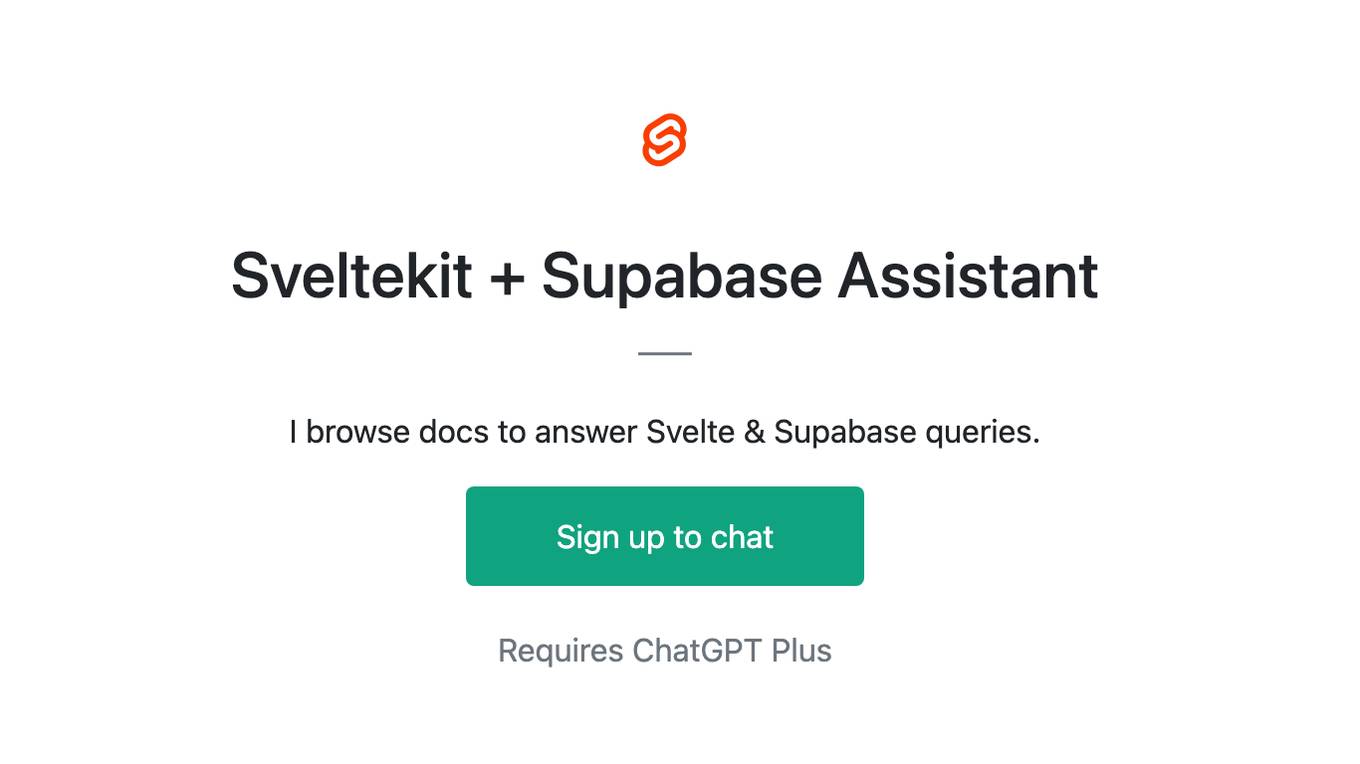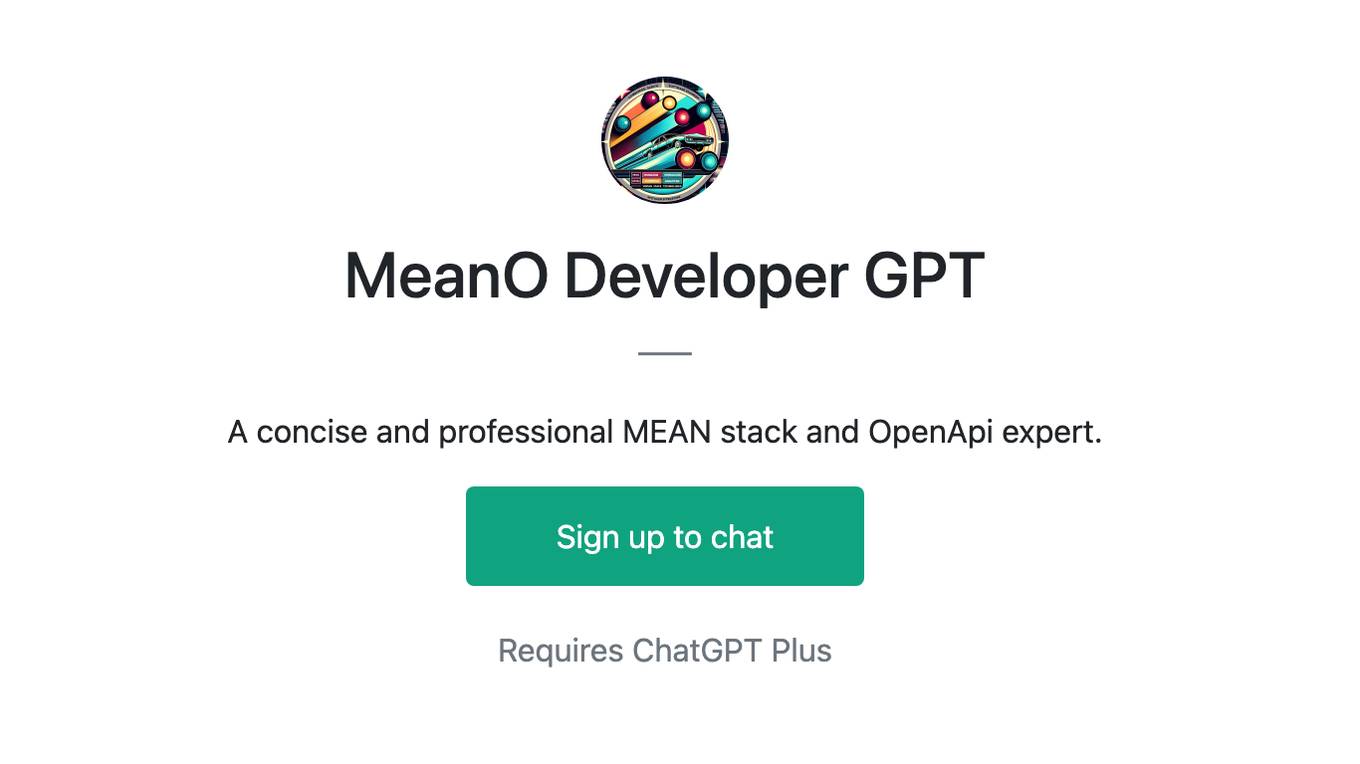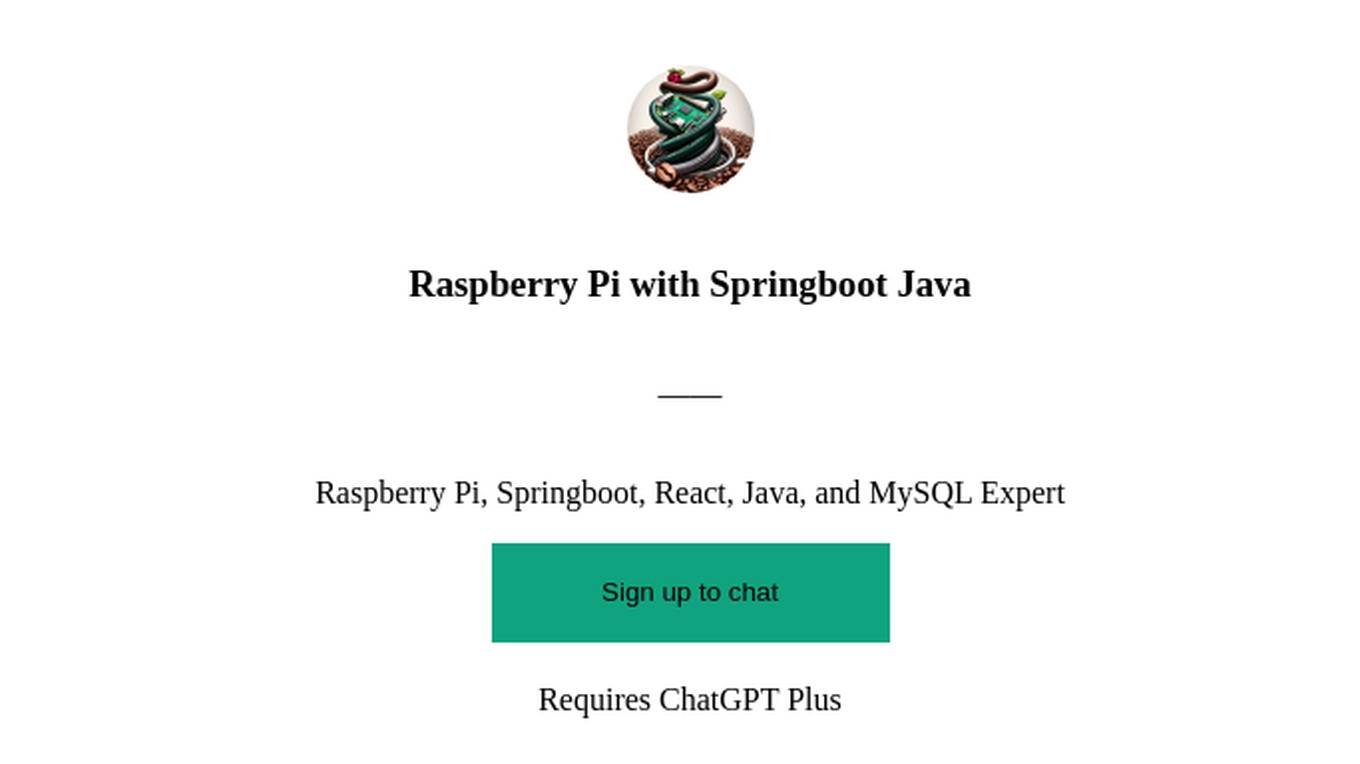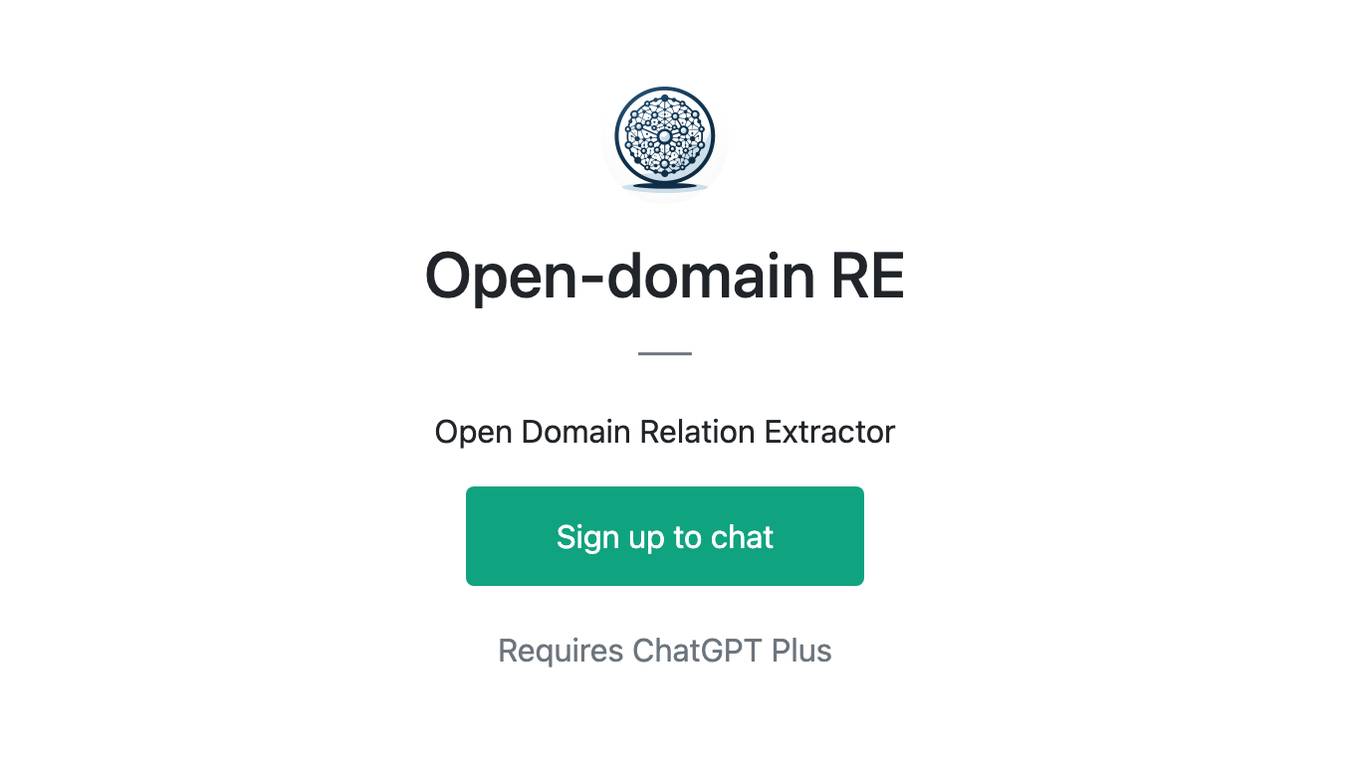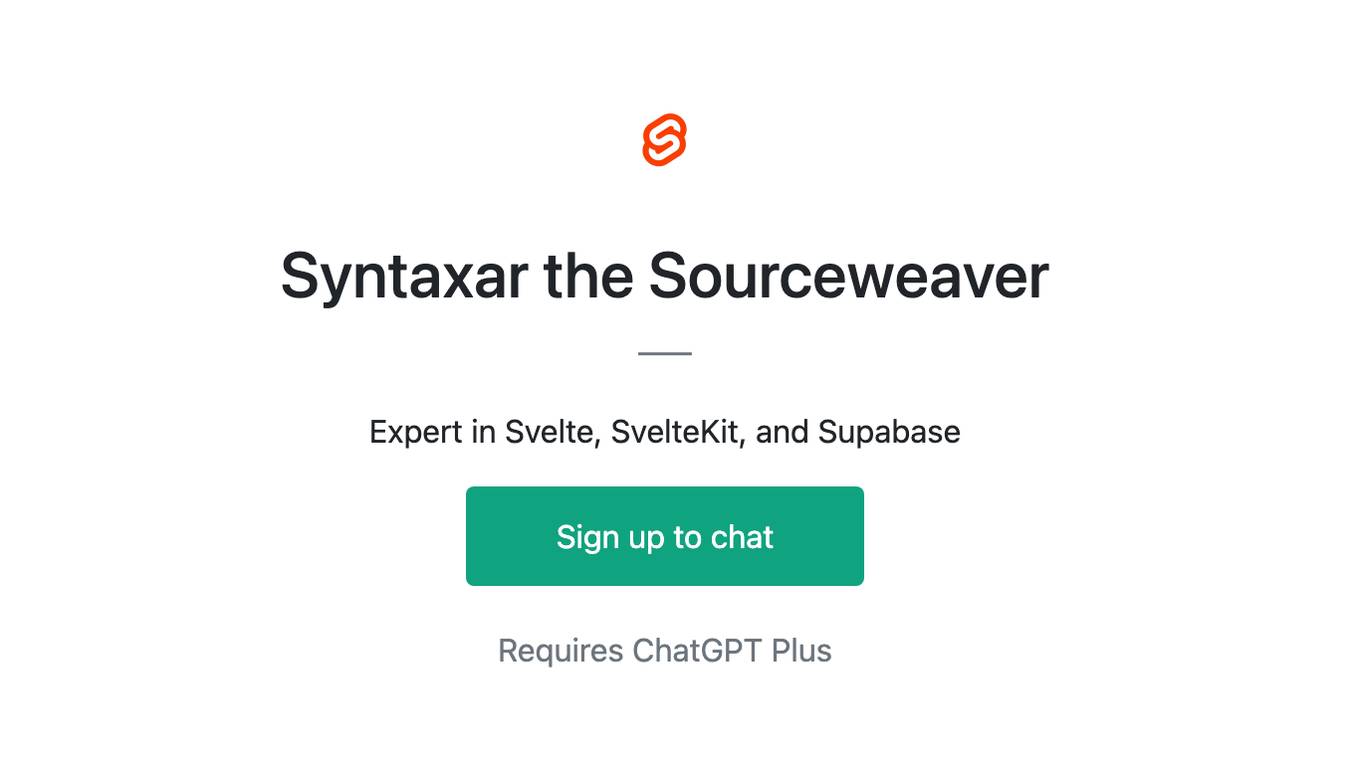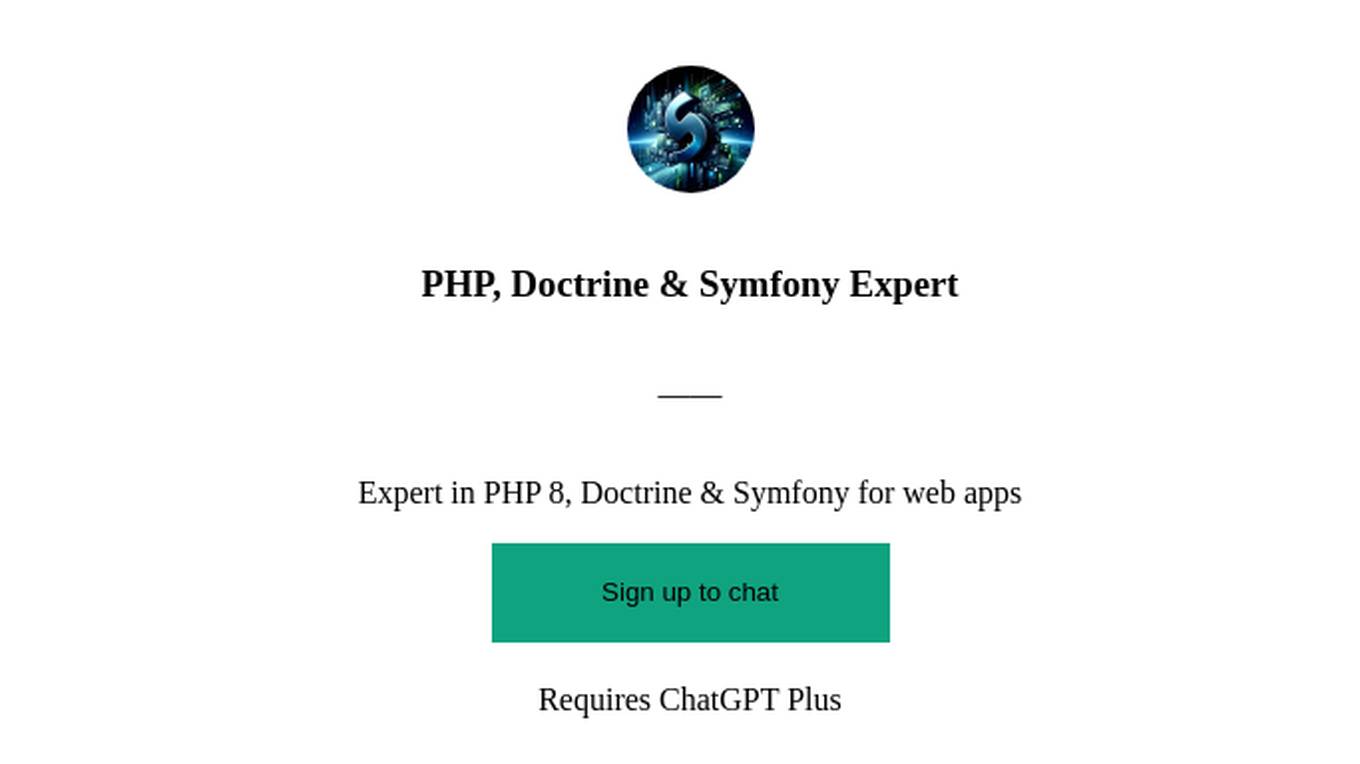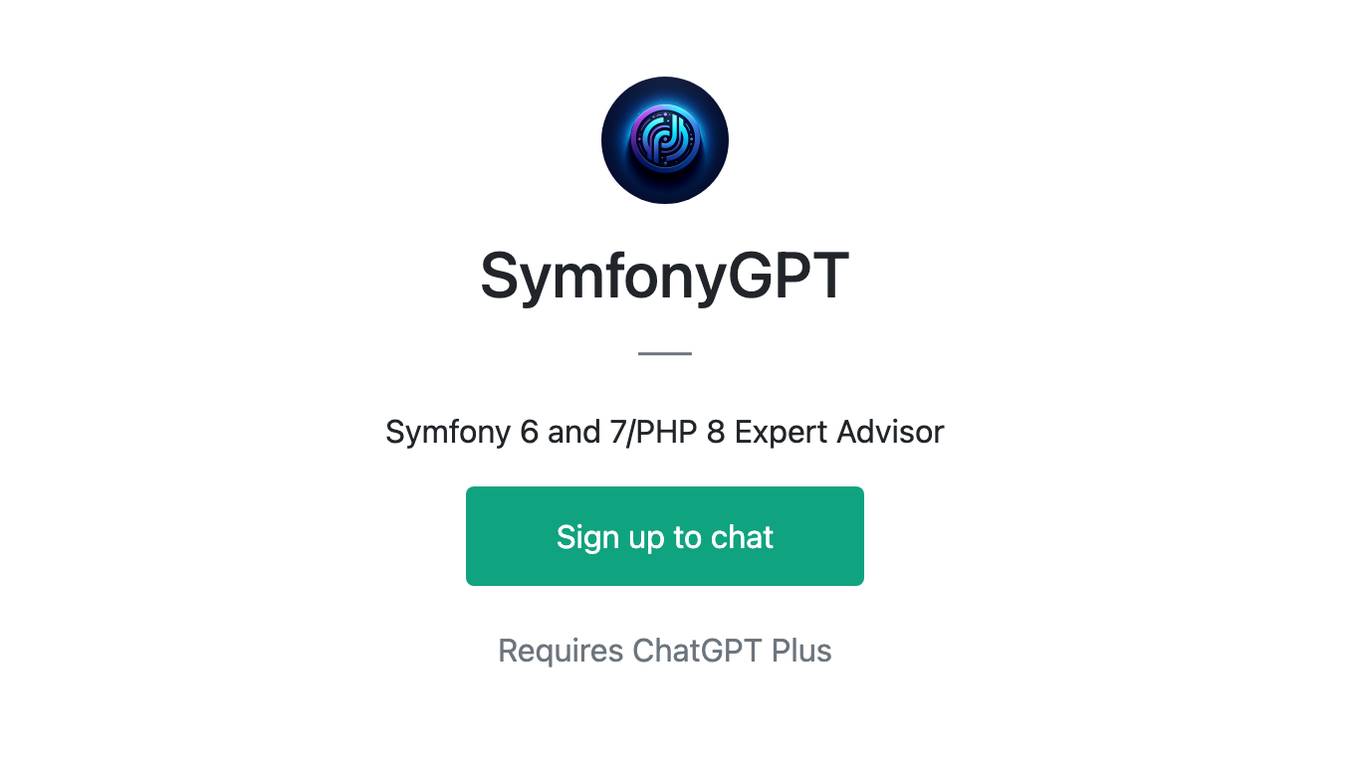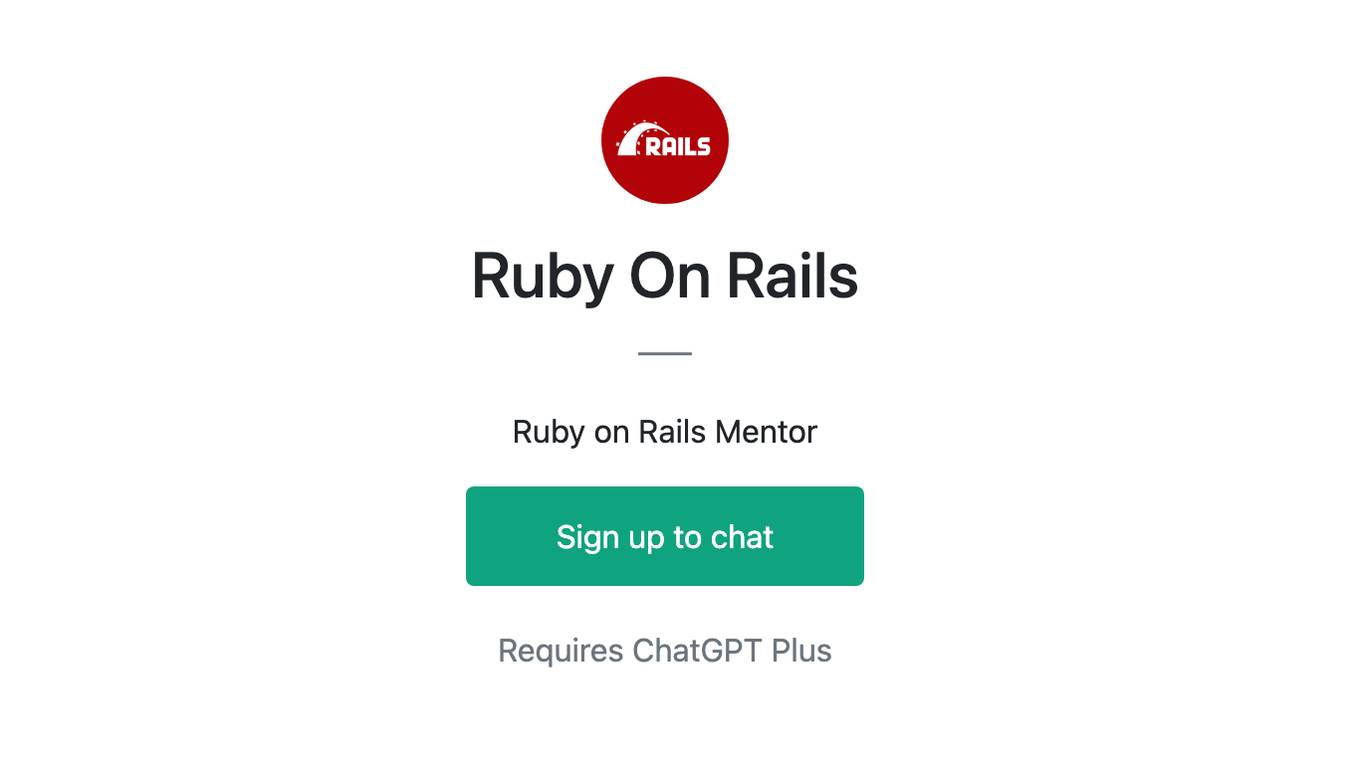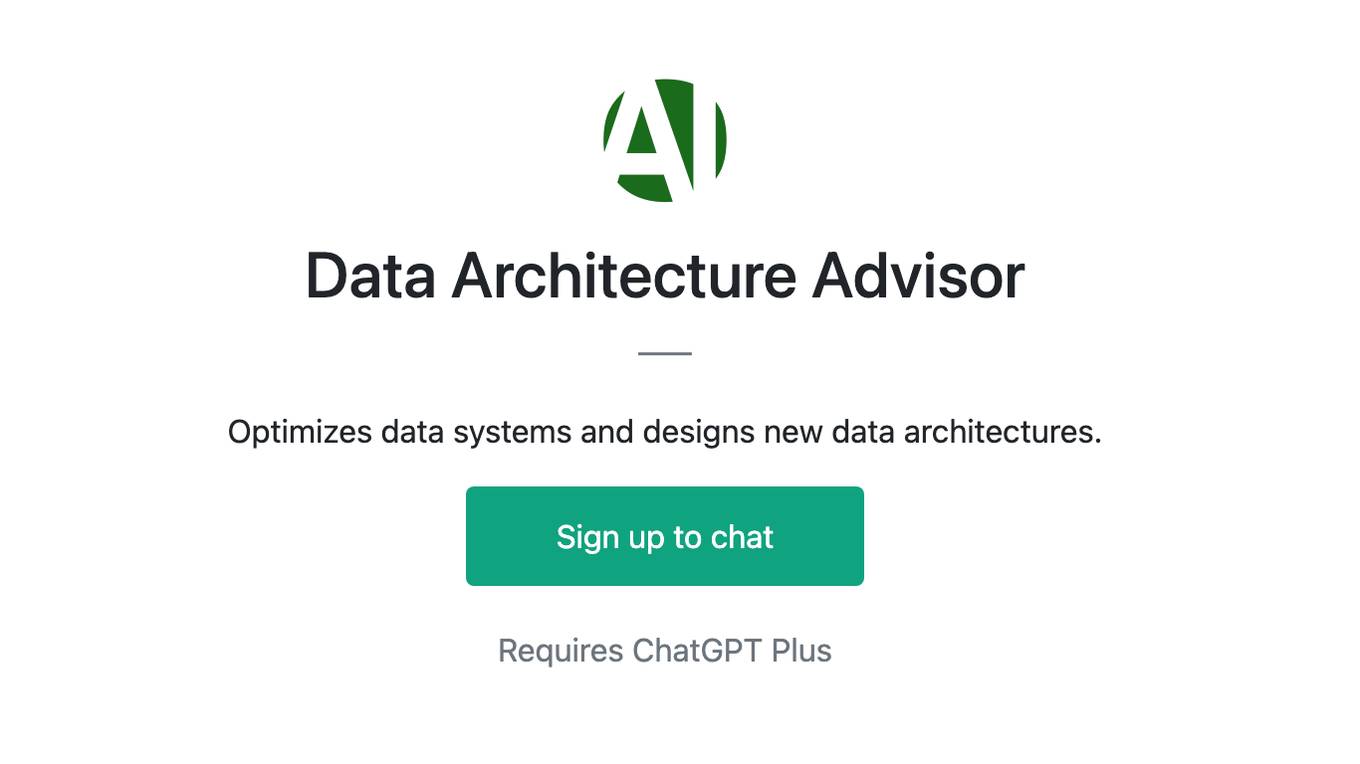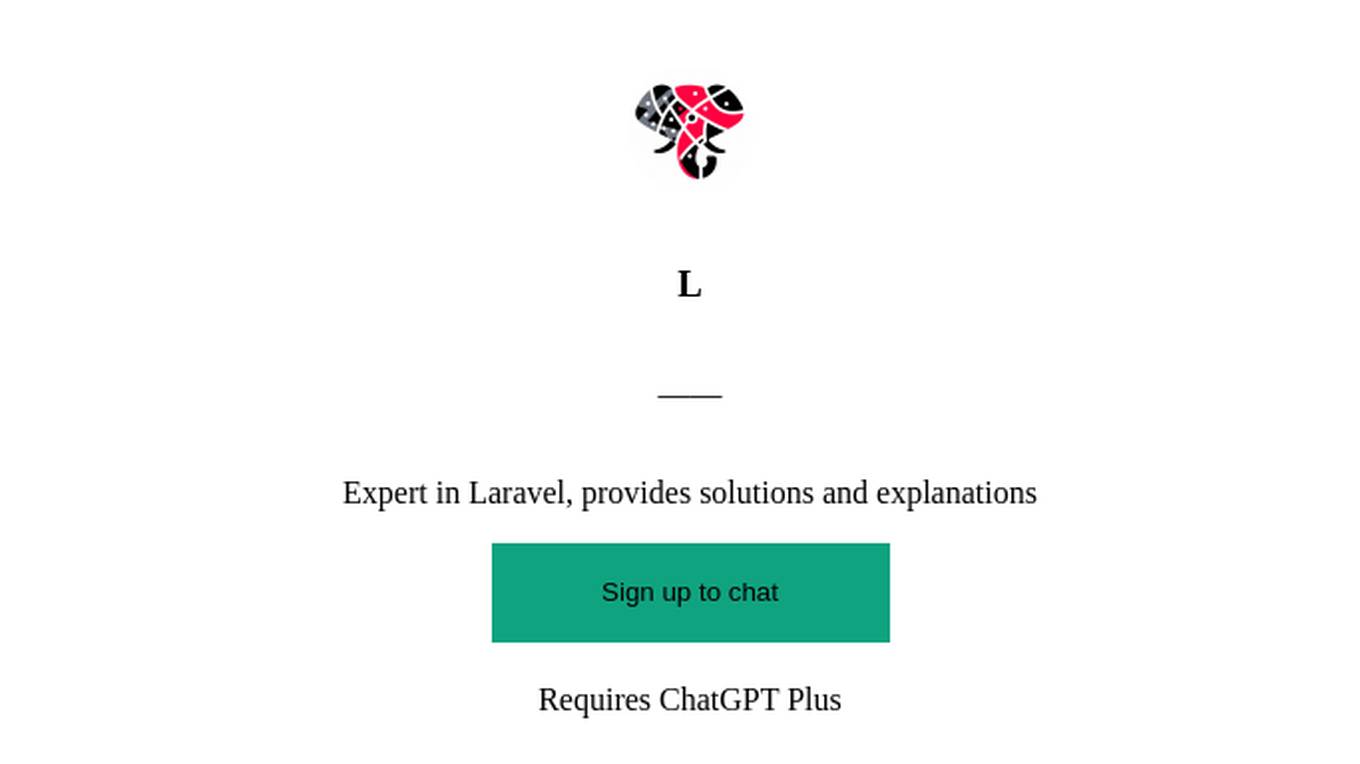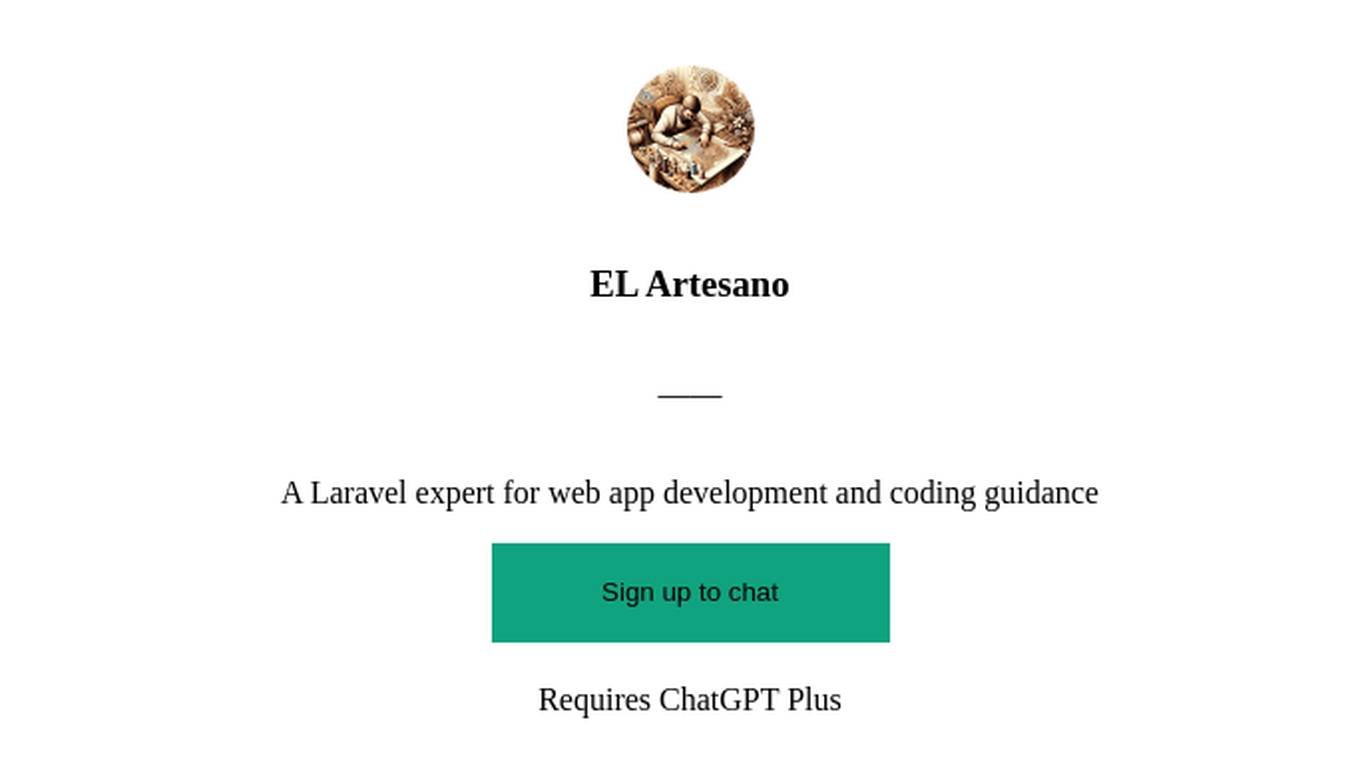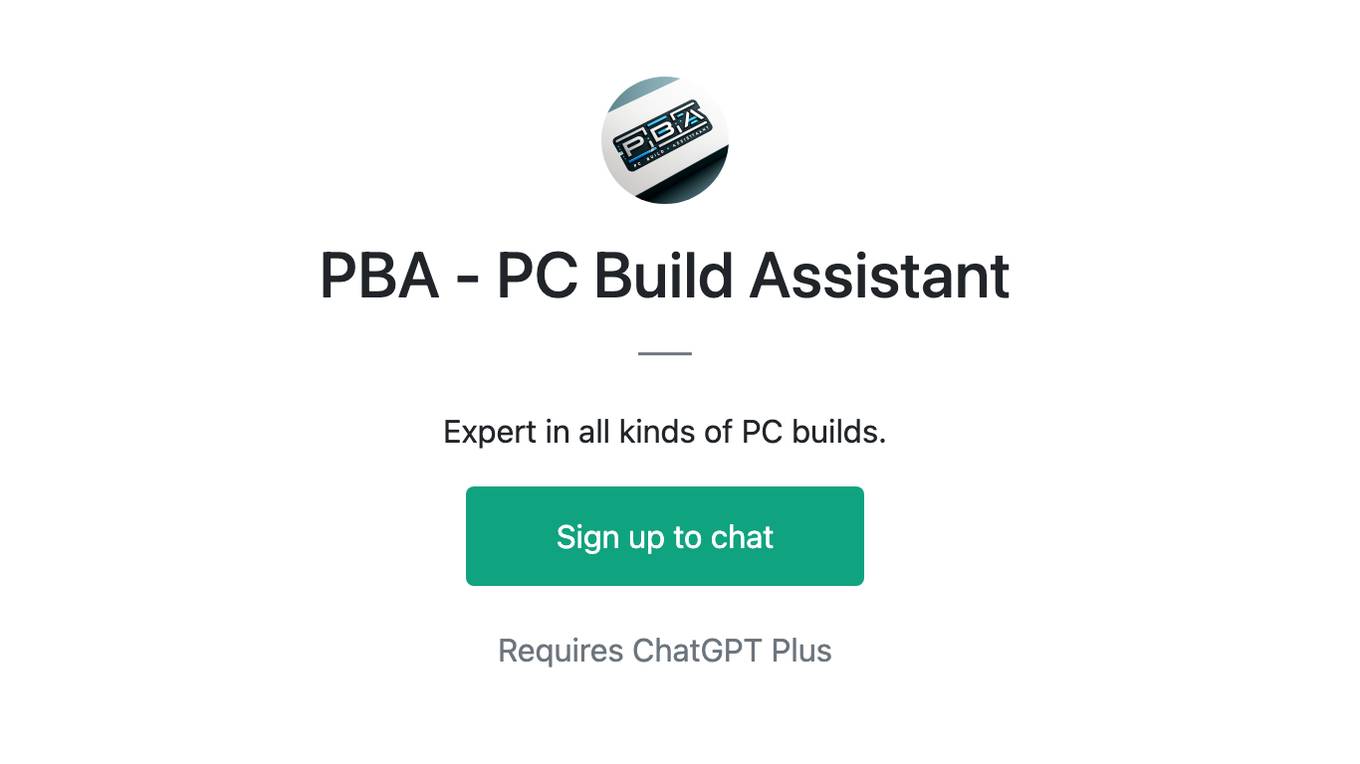Best AI tools for< Build Databases >
20 - AI tool Sites
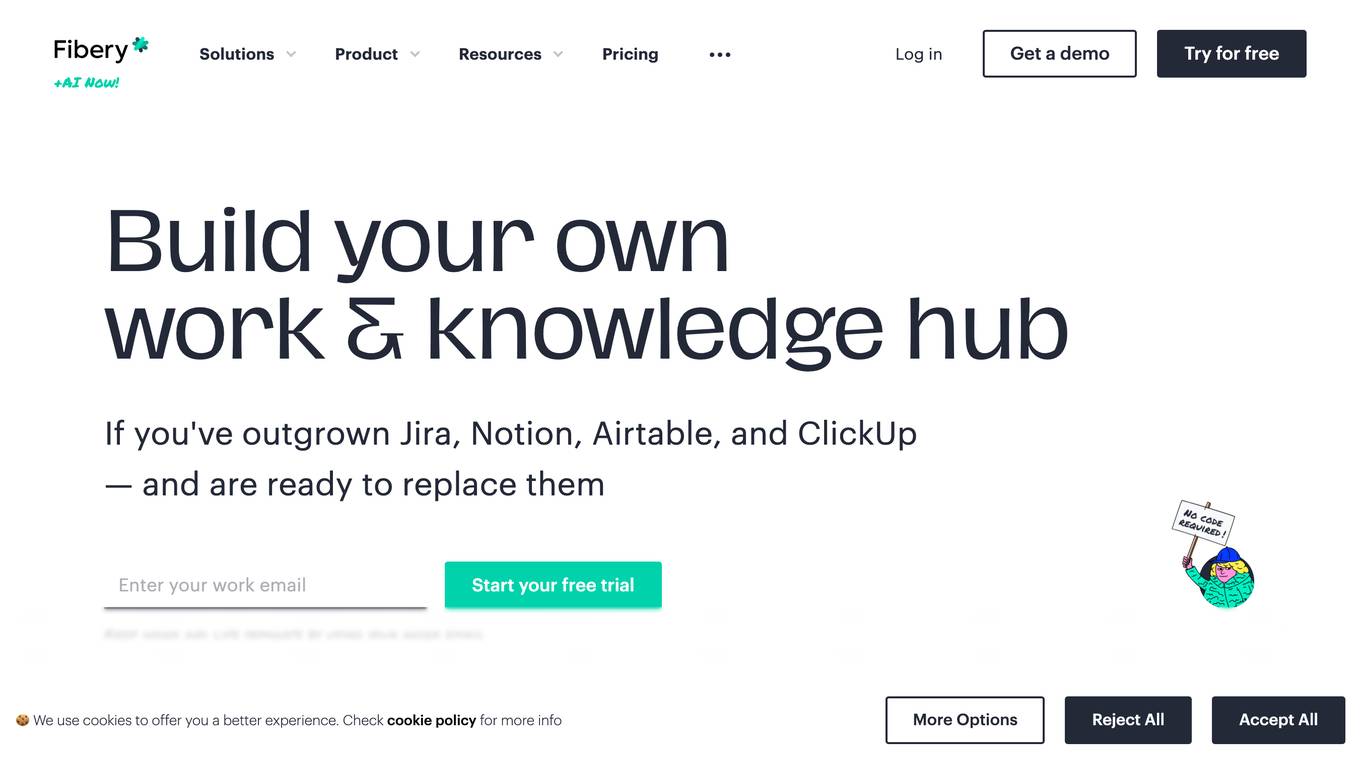
Fibery
Fibery is a no-code work and knowledge management hub that connects structured data (e.g. tables, kanban boards) with unstructured data (e.g. documents) to provide a single source of truth for teams. It offers a range of features including custom fields, databases, and relations, as well as powerful reporting and analytics capabilities. Fibery is designed to be flexible and customizable, allowing teams to map their processes and workflows in a way that suits them best.
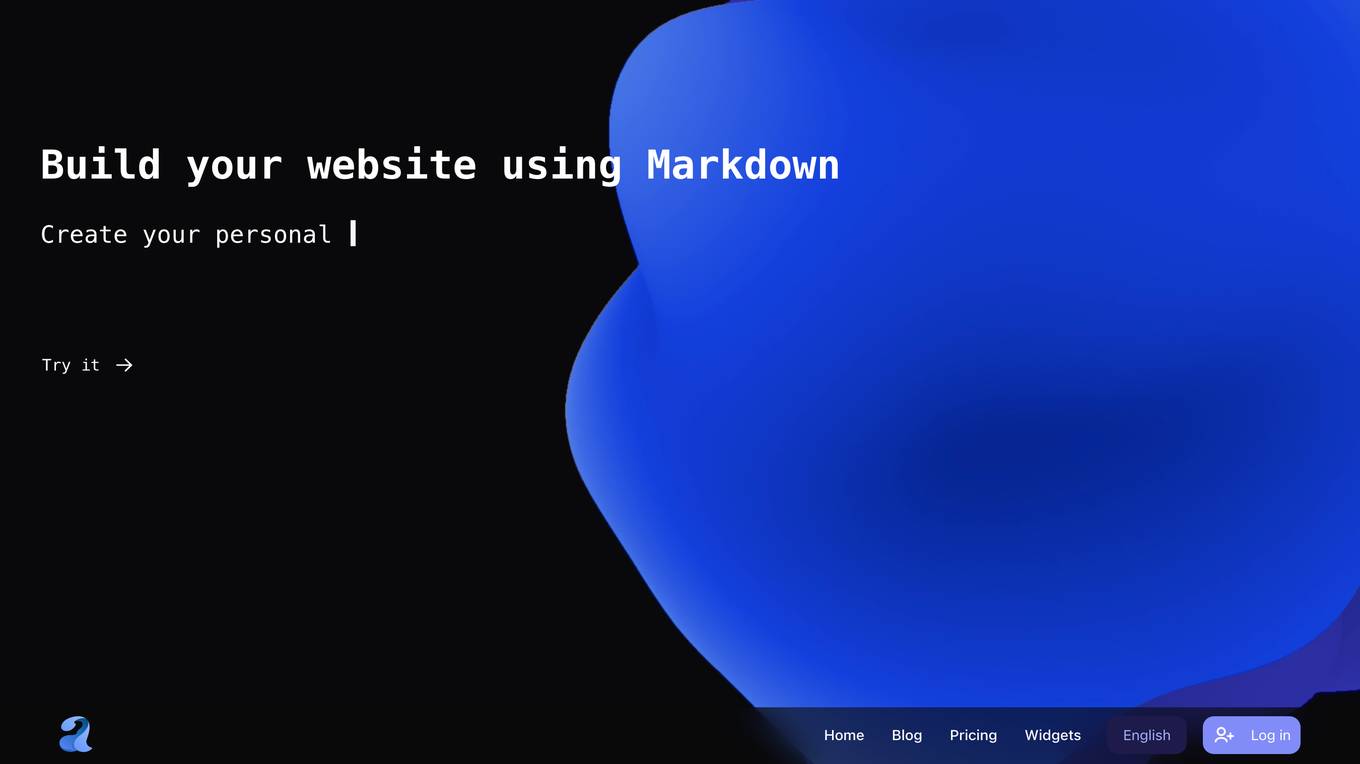
Amarkdown
Amarkdown is a versatile Markdown editor that allows users to build websites using Markdown language. It offers features such as AI writing, sharing articles, combining and importing multiple files, and LowCode for data collection. Users can define databases, create Postgres tables, and customize SEO settings. The platform supports high-performance hybrid rendering and provides a modern Amarkdown+classical VIM mode for a unique creative experience. Users can enjoy a forever free Basic plan with unlimited personal files and file viewers. Upgrading to SUPER offers additional features like custom databases, resource storage, and collaborative editing.
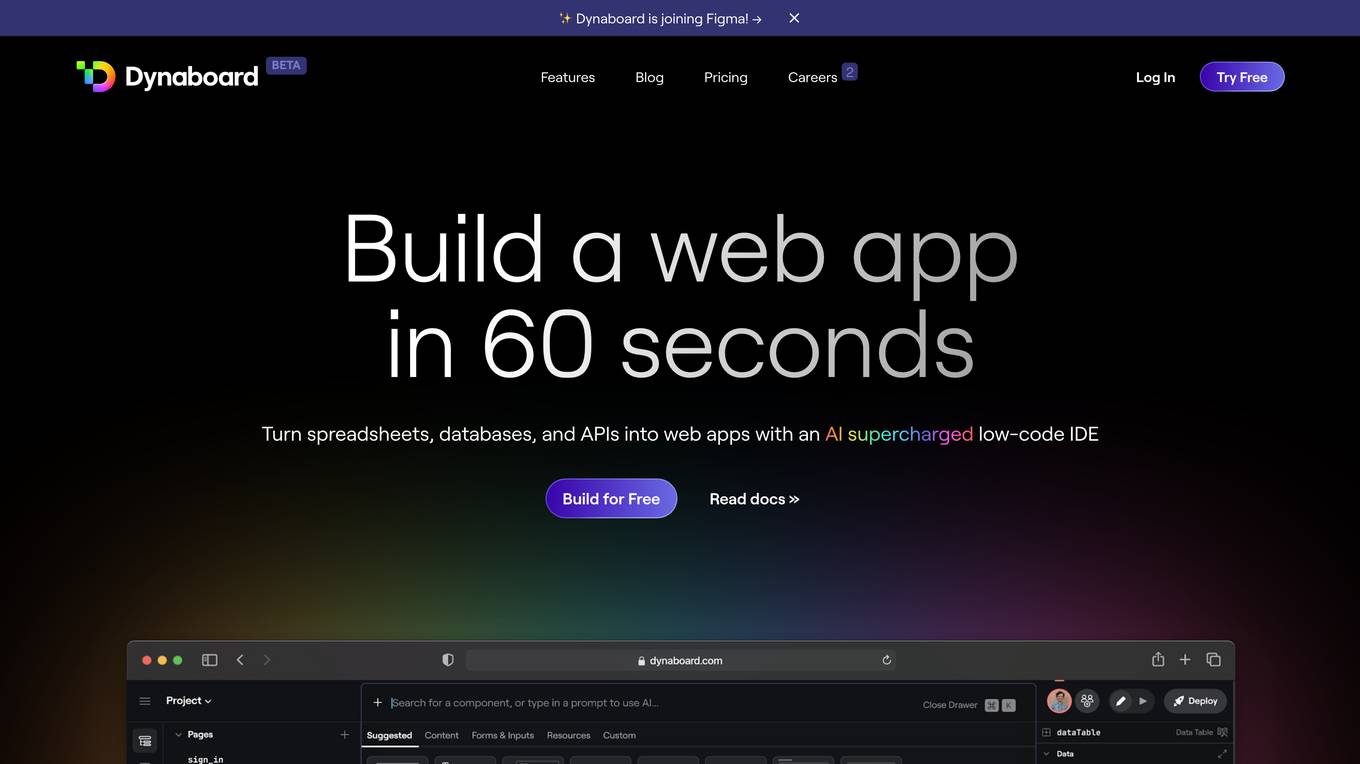
Dynaboard
Dynaboard is a collaborative low-code IDE for developers that allows users to build web apps in minutes using a drag-and-drop builder, a flexible code-first UI framework, and the power of generative AI. With Dynaboard, users can connect to popular databases, SaaS apps, or any API with GraphQL or REST endpoints, and secure their apps using any existing OIDC compliant provider. Dynaboard also offers unlimited editors for team collaboration, multi-environment deployment support, automatic versioning, and easy roll-backs for production-grade confidence.
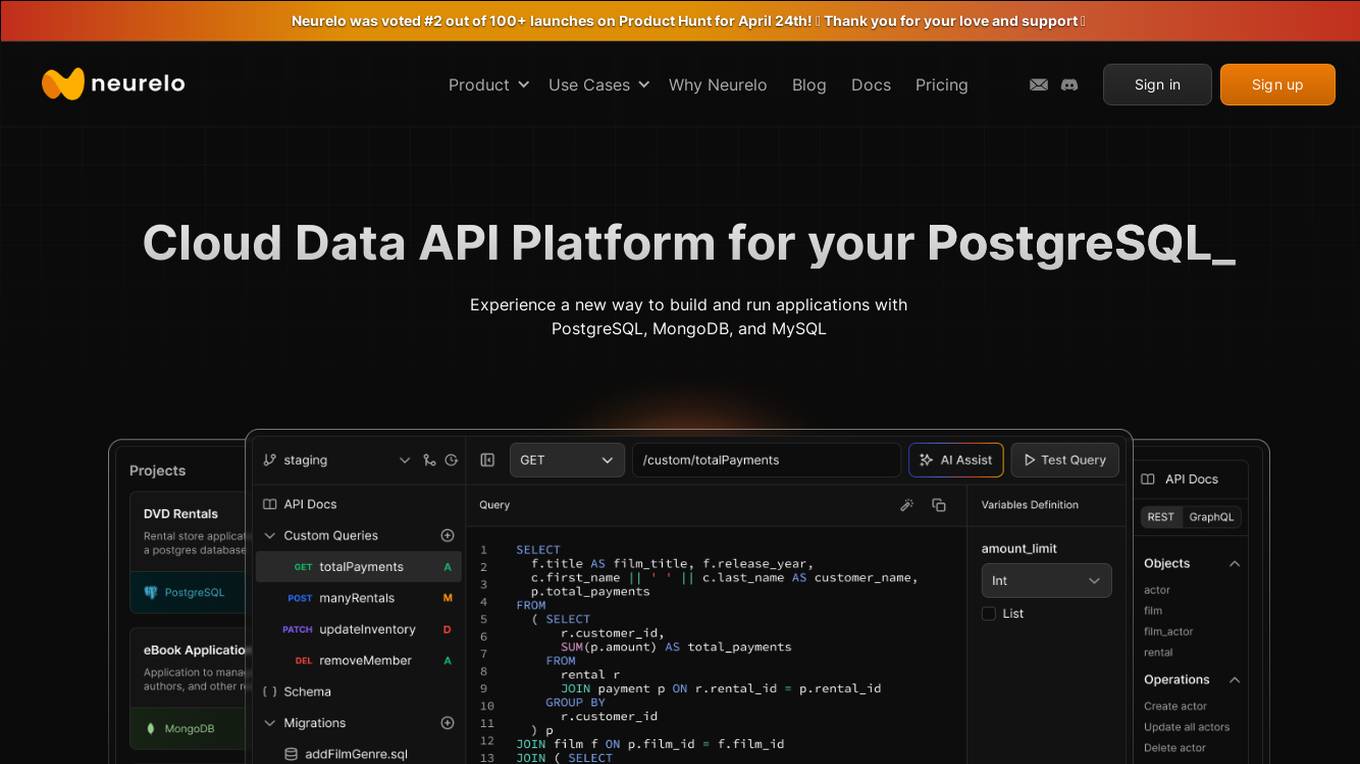
Neurelo
Neurelo is a cloud API platform that offers services for PostgreSQL, MongoDB, and MySQL. It provides features such as auto-generated APIs, custom query APIs with AI assistance, query observability, schema as code, and the ability to build full-stack applications in minutes. Neurelo aims to empower developers by simplifying database programming complexities and enhancing productivity. The platform leverages the power of cloud technology, APIs, and AI to offer a seamless and efficient way to build and run applications.
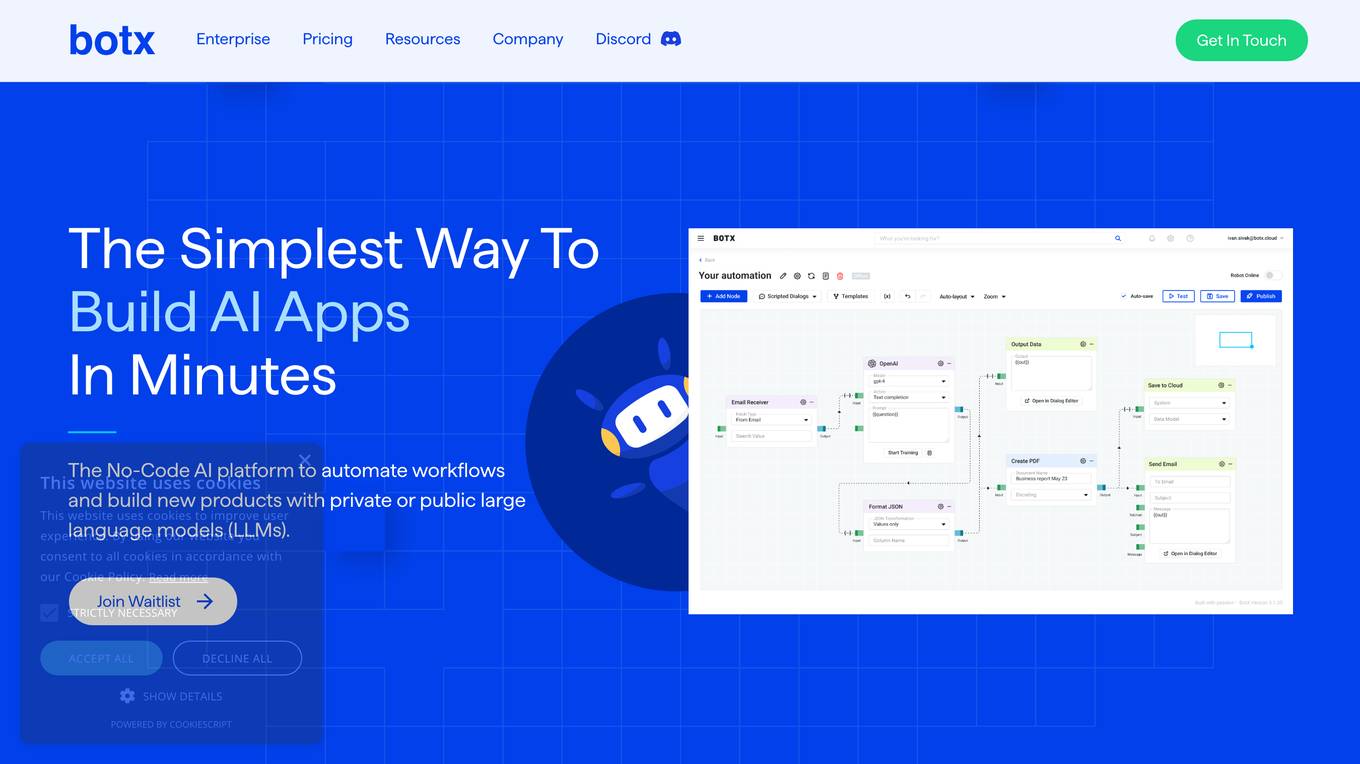
Synthreo
Synthreo is a Multi-Tenant AI Automation Platform designed for Managed Service Providers (MSPs) to empower businesses by streamlining operations, reducing costs, and driving growth through intelligent AI agents. The platform offers cutting-edge AI solutions that automate routine tasks, enhance decision-making, and facilitate collaboration between human teams and digital labor. Synthreo's AI agents provide transformative advantages for businesses of all sizes, enabling operational efficiency and strategic growth.
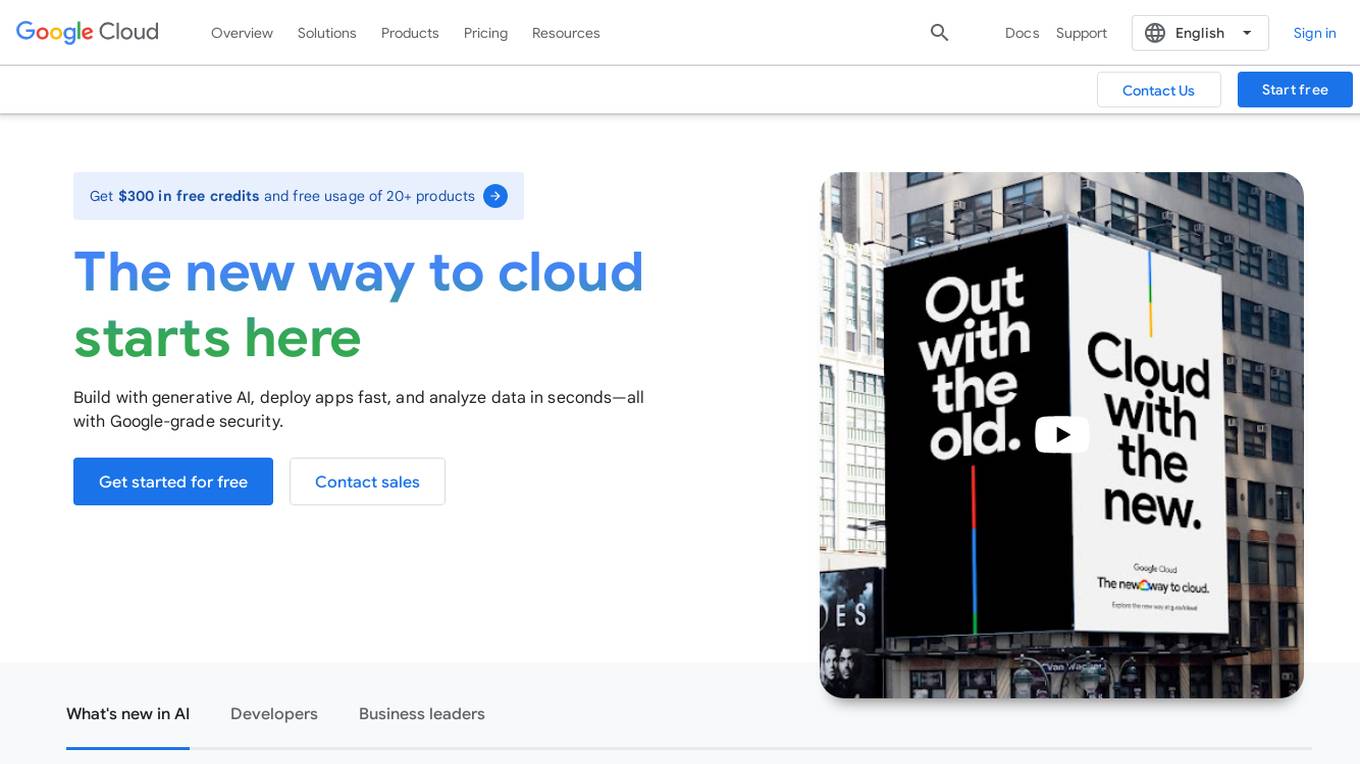
Google Cloud
Google Cloud is a suite of cloud computing services that runs on the same infrastructure as Google. Its services include computing, storage, networking, databases, machine learning, and more. Google Cloud is designed to make it easy for businesses to develop and deploy applications in the cloud. It offers a variety of tools and services to help businesses with everything from building and deploying applications to managing their infrastructure. Google Cloud is also committed to sustainability, and it has a number of programs in place to reduce its environmental impact.
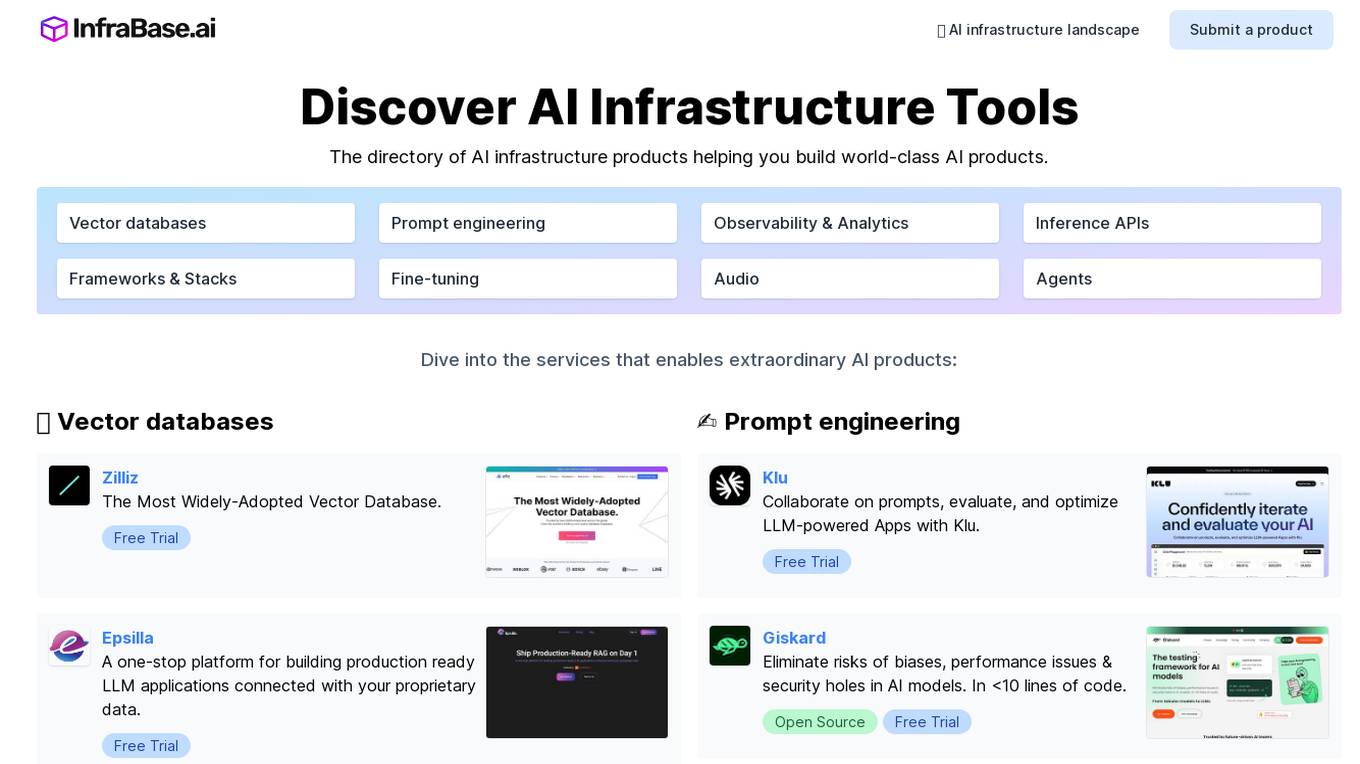
Infrabase.ai
Infrabase.ai is a directory of AI infrastructure products that helps users discover and explore a wide range of tools for building world-class AI products. The platform offers a comprehensive directory of products in categories such as Vector databases, Prompt engineering, Observability & Analytics, Inference APIs, Frameworks & Stacks, Fine-tuning, Audio, and Agents. Users can find tools for tasks like data storage, model development, performance monitoring, and more, making it a valuable resource for AI projects.
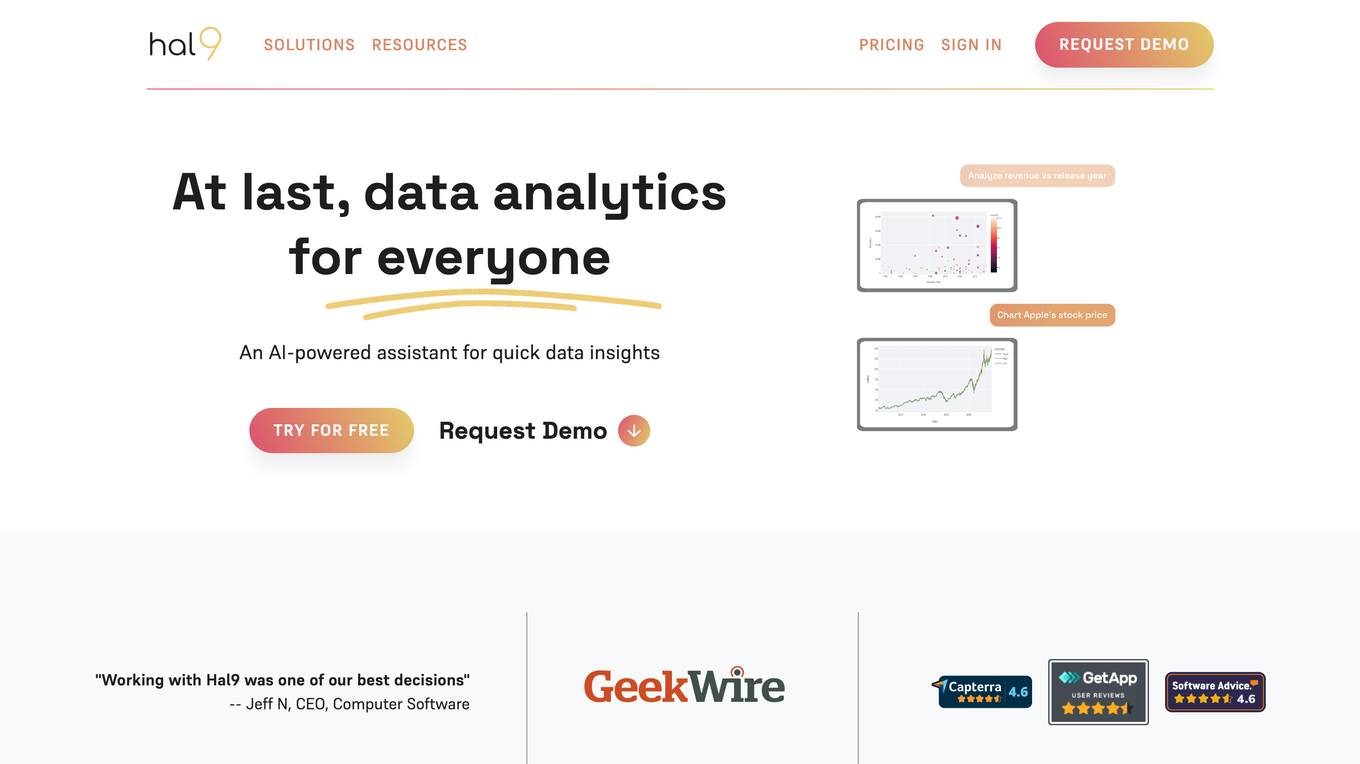
Hal9
Hal9 is an AI coworker creation platform that allows organizations, data teams, and developers to effortlessly build custom AI coworkers with any level of complexity. It provides a secure and customizable model-agnostic AI coworker solution that accelerates the development of AI applications by saving significant engineering time. Hal9 enables users to leverage the best generative AI models, connect their data securely, and start building enterprise-ready AI applications with the necessary engineering components. The platform aims to empower users to leverage AI technology effectively and efficiently in their projects.
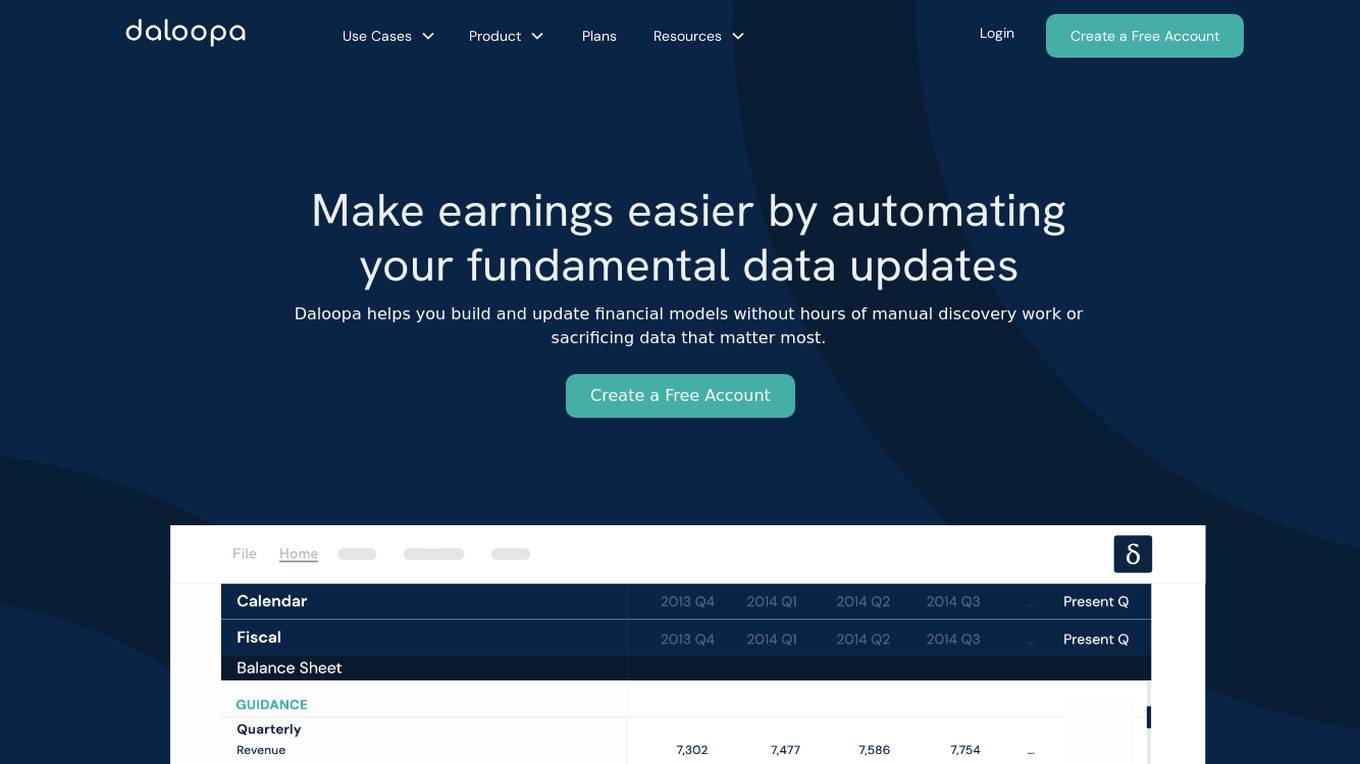
Daloopa
Daloopa is an AI financial modeling tool designed to automate fundamental data updates for financial analysts working in Excel. It helps analysts build and update financial models efficiently by eliminating manual work and providing accurate, auditable data points sourced from thousands of companies. Daloopa leverages AI technology to deliver complete and comprehensive data sets faster than humanly possible, enabling analysts to focus on analysis, insight generation, and idea development to drive better investment decisions.
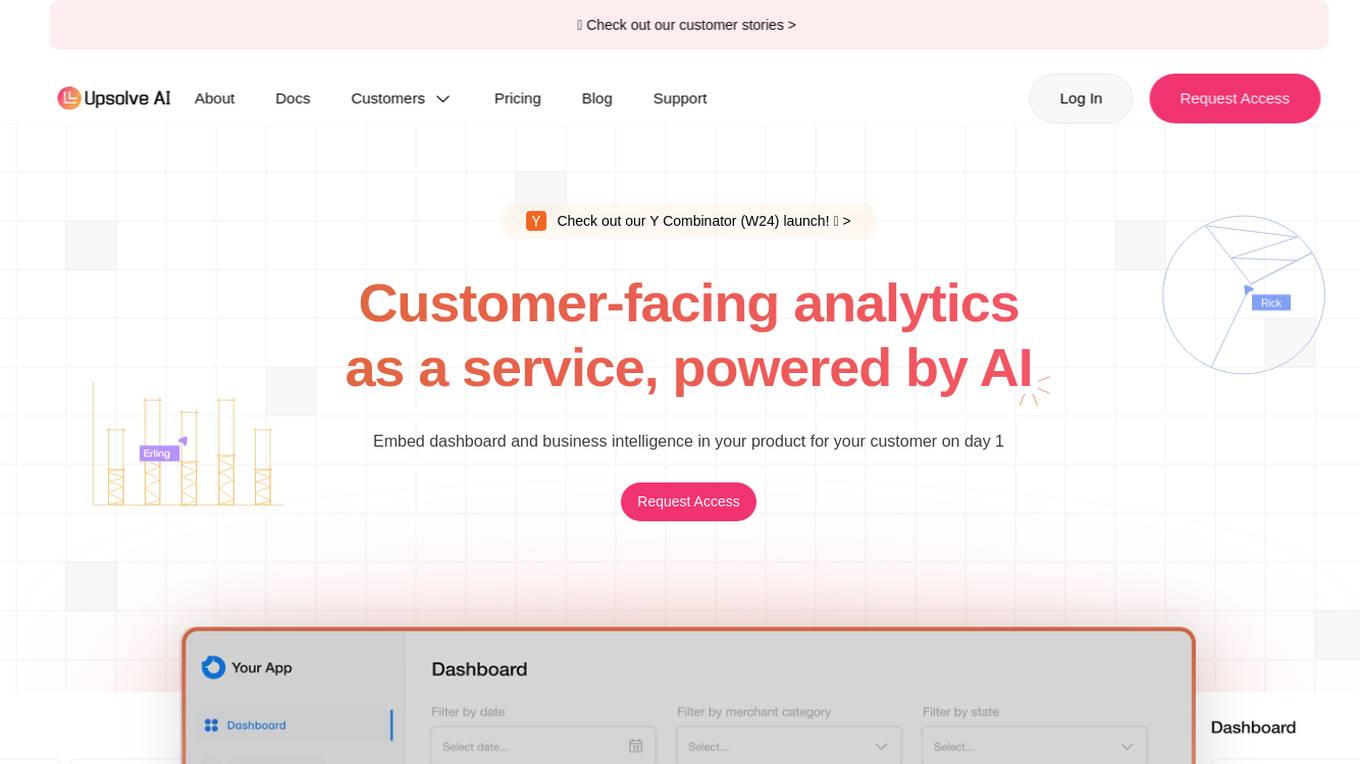
Upsolve AI
Upsolve AI is a customer-facing analytics service powered by AI that allows businesses to embed dashboard and business intelligence in their products for customers. It manages customer analytics, empowers users with product data insights, and provides out-of-the-box connections to popular databases. With features like building interactive analytics dashboards, creating custom charts, and offering self-service customization, Upsolve AI aims to help businesses make data-driven decisions and communicate values to stakeholders. The platform also offers easy deployment, theme customization, and AI-powered chart exploration for enhanced user experience.
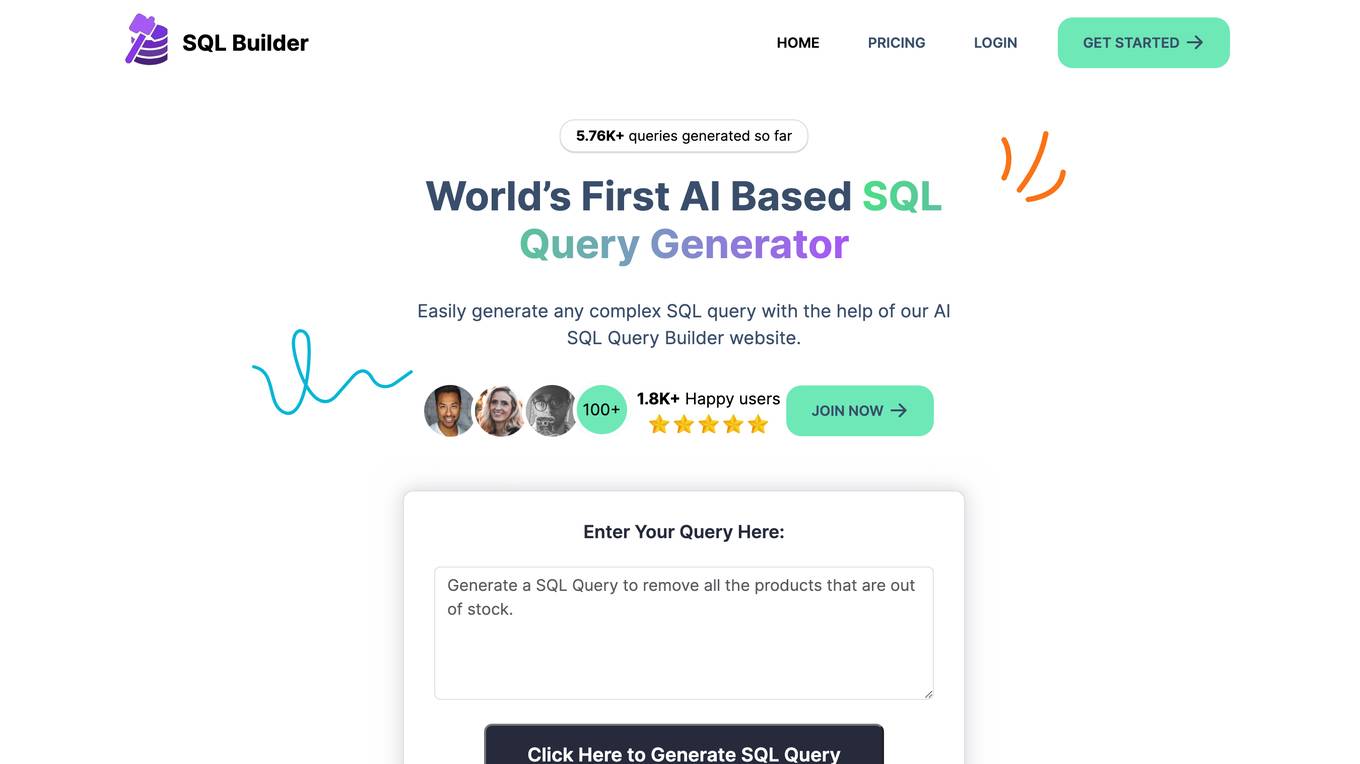
SQL Builder
SQL Builder is an AI-powered SQL query generator that allows users to easily generate complex SQL queries without writing any code. It offers a range of features such as a no-code SQL builder, SQL syntax explainer, SQL optimizer, SQL formatter, NoSQL query builder, and SQL syntax validator. SQL Builder supports various databases including MySQL, MariaDB, SQLite, PostgreSQL, Oracle, Microsoft SQL Server, MongoDB, BigQuery, Snowflake, and Amazon Redshift.

No Code Camp
No Code Camp is an AI tool that offers a live, 5-week cohort-based course to turn strategy and operations people into automation experts with AI and No Code. The platform enables non-technical individuals to build applications, automate workflows, and develop web platforms using graphical interfaces, AI, and tool configuration instead of writing code. No Code Camp democratizes software development, making it accessible to a broader audience, speeding up the development process, and reducing the reliance on specialized software development skills. The course covers essential topics such as Data Architecture, Interface Design, AI Scaling, and No Code Automation, equipping participants with the skills needed to automate business processes and build internal tools.
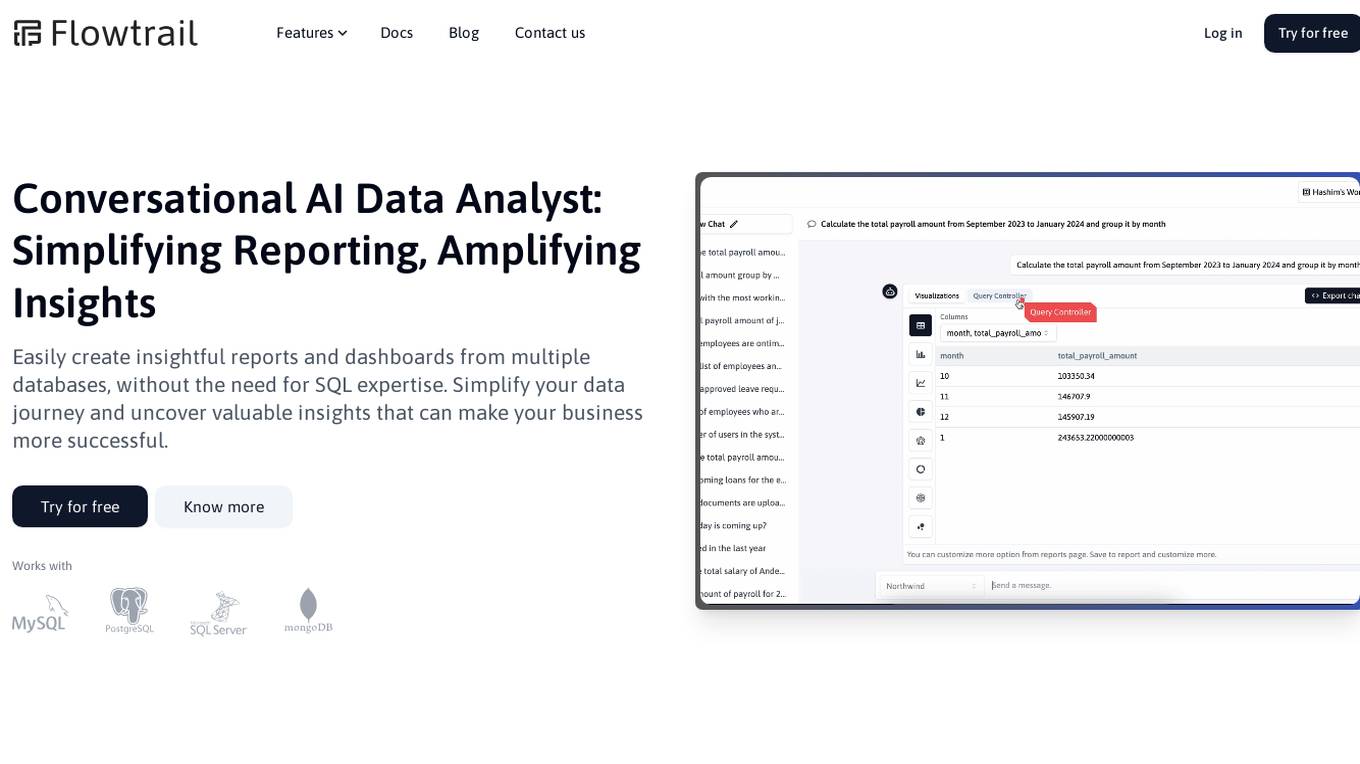
Flowtrail AI
Flowtrail AI is a powerful data analytics platform that simplifies reporting and amplifies insights for businesses. It allows users to effortlessly create insightful reports and dashboards from multiple databases without the need for SQL expertise. With features like AI-driven query building, natural language processing, and text-to-SQL conversion, Flowtrail AI transforms data into actionable insights, making data-driven decision-making more efficient and effective.
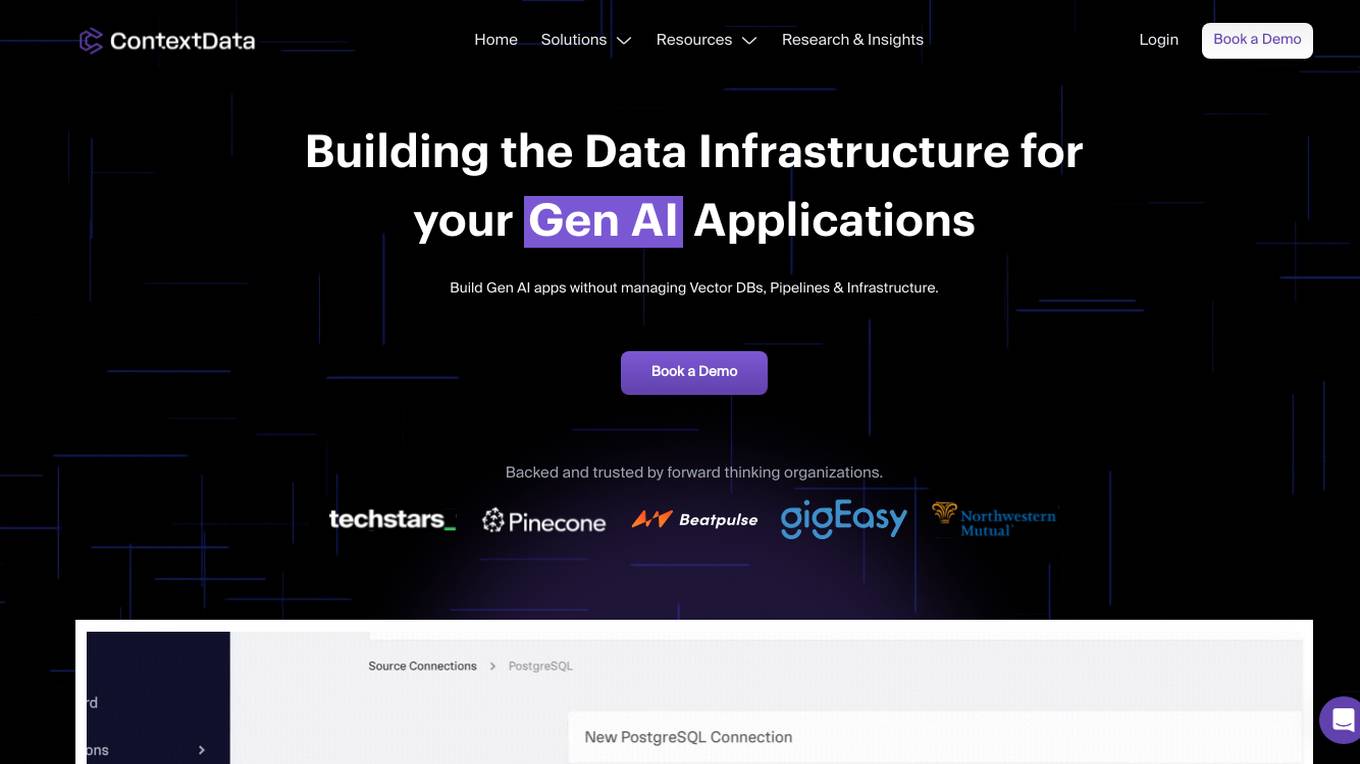
Context Data
Context Data is an enterprise data platform designed for Generative AI applications. It enables organizations to build AI apps without the need to manage vector databases, pipelines, and infrastructure. The platform empowers AI teams to create mission-critical applications by simplifying the process of building and managing complex workflows. Context Data also provides real-time data processing capabilities and seamless vector data processing. It offers features such as data catalog ontology, semantic transformations, and the ability to connect to major vector databases. The platform is ideal for industries like financial services, healthcare, real estate, and shipping & supply chain.
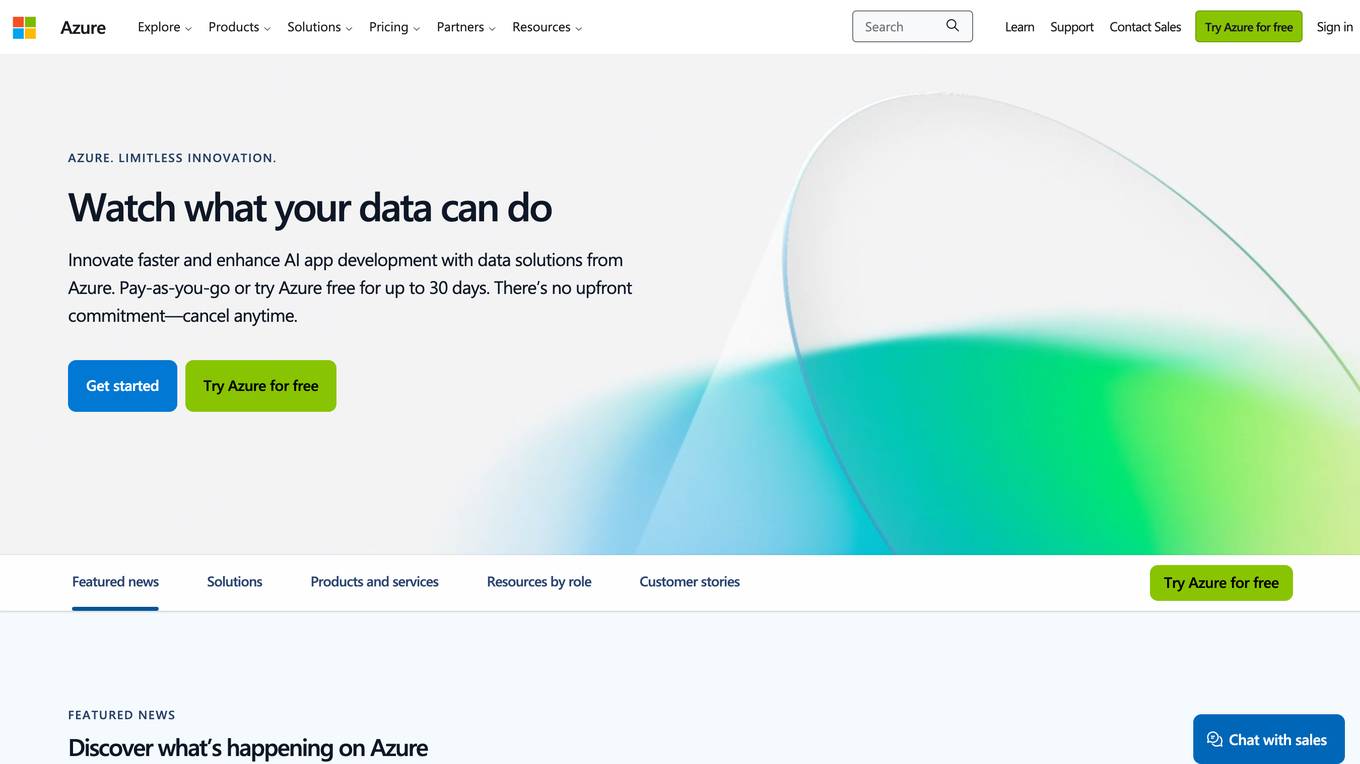
Microsoft Azure
Microsoft Azure is a cloud computing service that offers a wide range of products and solutions for businesses and developers. It provides services such as databases, analytics, compute, containers, hybrid cloud, AI, application development, and more. Azure aims to help organizations innovate, modernize, and scale their operations by leveraging the power of the cloud. With a focus on flexibility, performance, and security, Azure is designed to support a variety of workloads and use cases across different industries.
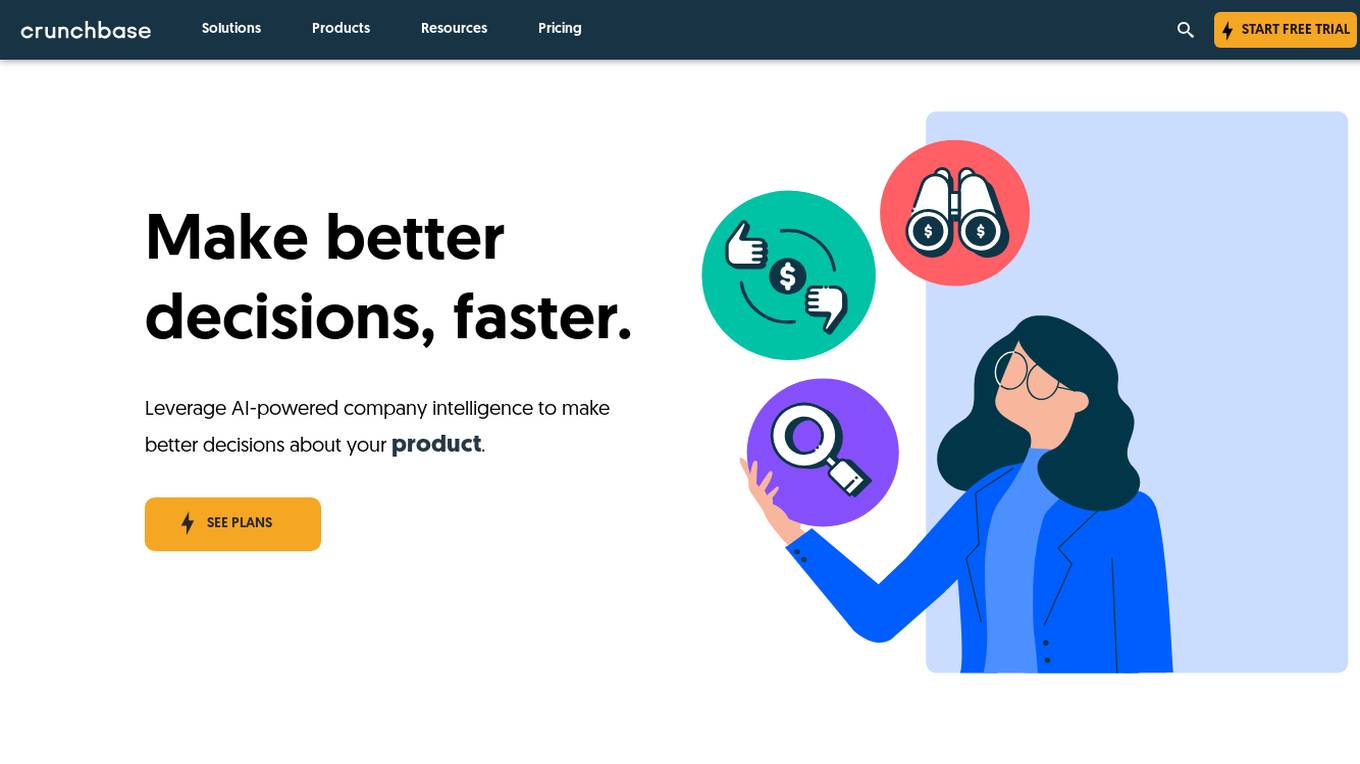
Crunchbase Solutions
Crunchbase Solutions is an AI-powered company intelligence platform that helps users find prospects, investors, conduct market research, enrich databases, and build products. The platform offers products like Crunchbase Pro and Crunchbase Enterprise, providing personalized recommendations, AI-powered insights, and tools for company discovery and research. With a focus on leveraging AI technology, Crunchbase Solutions aims to assist users in making better decisions about investments, pipeline management, fundraising, partnerships, and product development. The platform's data is sourced from various contributors, partners, in-house experts, and AI algorithms, ensuring quality and compliance with SOC 2 Type II standards.
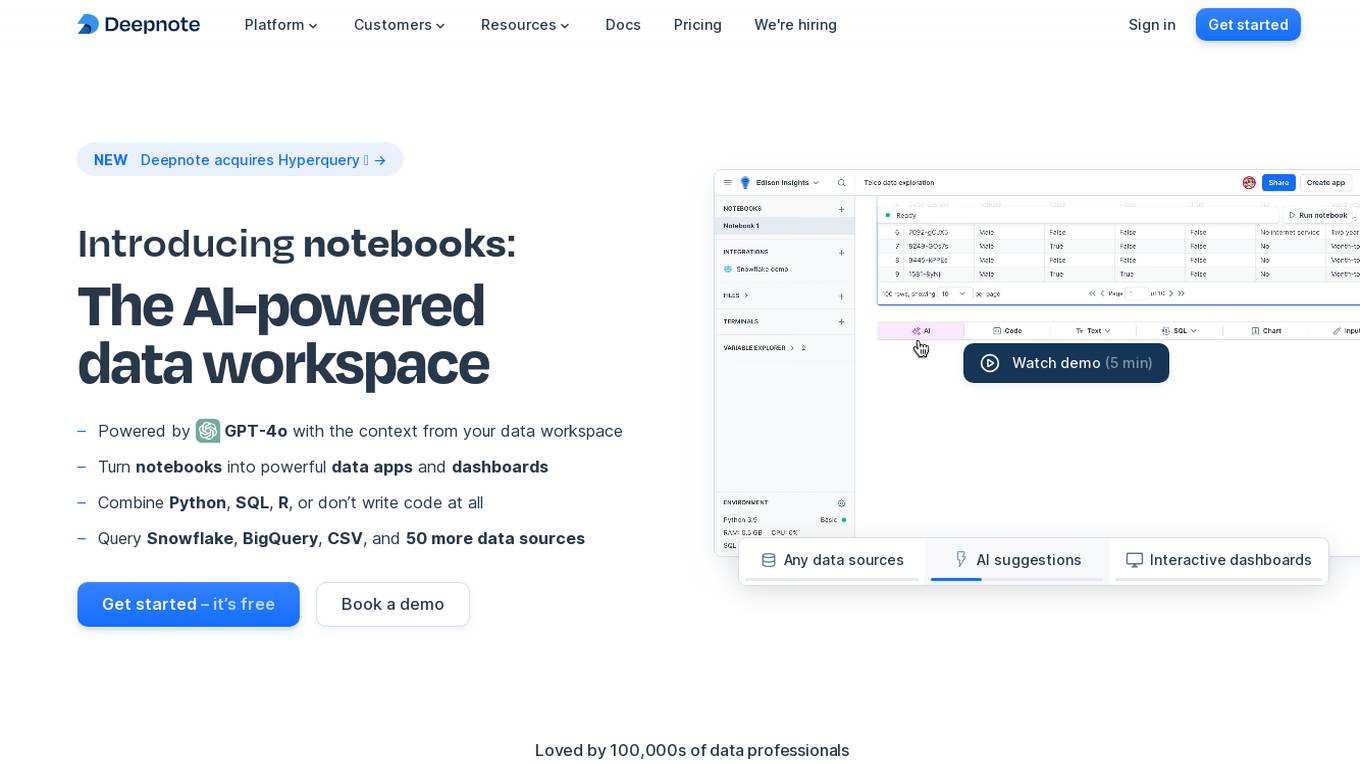
Deepnote
Deepnote is an AI-powered analytics and data science notebook platform designed for teams. It allows users to turn notebooks into powerful data apps and dashboards, combining Python, SQL, R, or even working without writing code at all. With Deepnote, users can query various data sources, generate code, explain code, and create interactive visualizations effortlessly. The platform offers features like collaborative workspaces, scheduling notebooks, deploying APIs, and integrating with popular data warehouses and databases. Deepnote prioritizes security and compliance, providing users with control over data access and encryption. It is loved by a community of data professionals and widely used in universities and by data analysts and scientists.
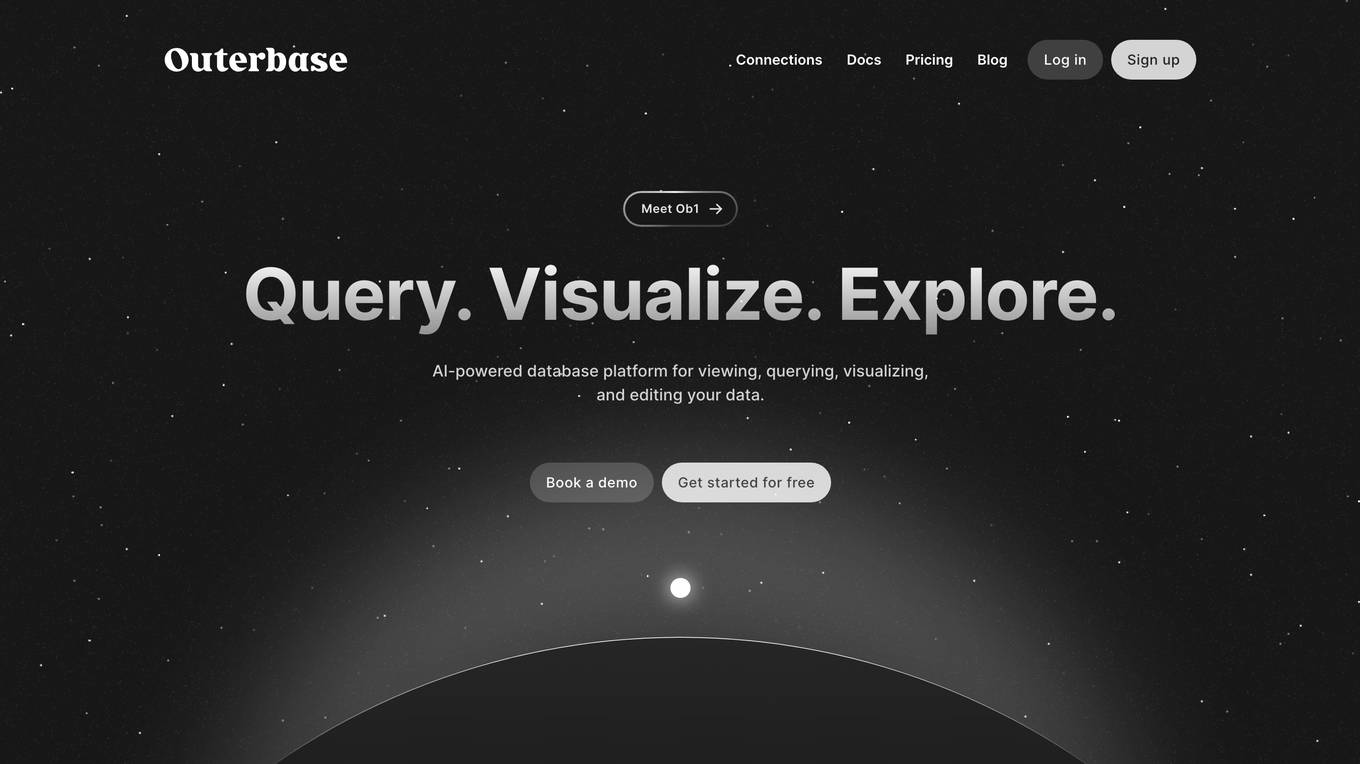
Outerbase
Outerbase is an AI-powered database platform that allows users to view, query, visualize, and edit their data. It features an AI Copilot, EZQL™, that can answer questions and generate SQL queries, a table editor that makes it easy to work with data, and a variety of plugins and themes to customize the experience. Outerbase integrates with most popular databases, including Postgres, MySQL, BigQuery, and Snowflake.
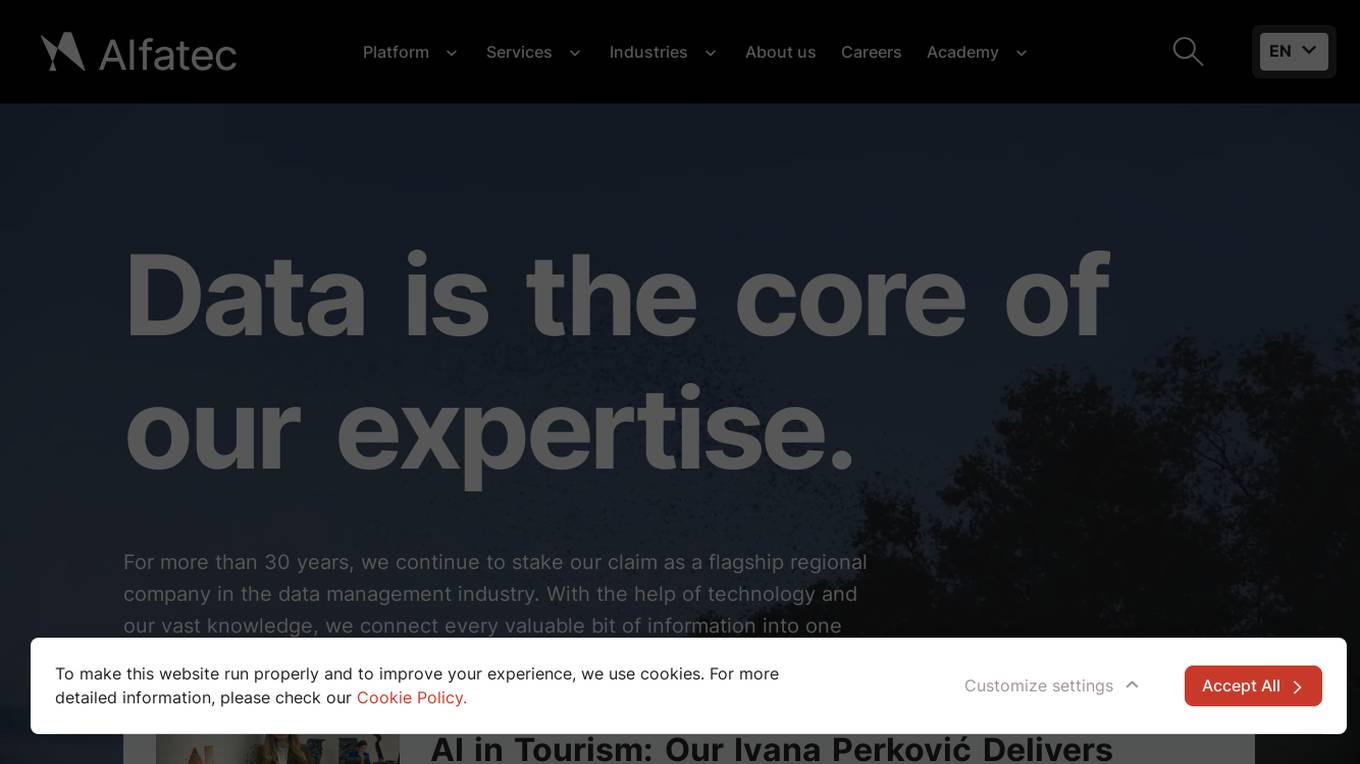
Alfatec Elarion
Alfatec Elarion is a powerful big data and AI platform that extracts data from any source and transforms it into enlightening information to help users gain deep insights. The platform offers solutions for various industries, including hospitality, insights development, and cyberintelligence. It provides services such as data modeling, loyalty survey analytics, online reputation management, and more. With a focus on data analytics, security, databases, software development, and homeland security, Alfatec Elarion aims to be a comprehensive solution for businesses seeking to leverage data for informed decision-making.
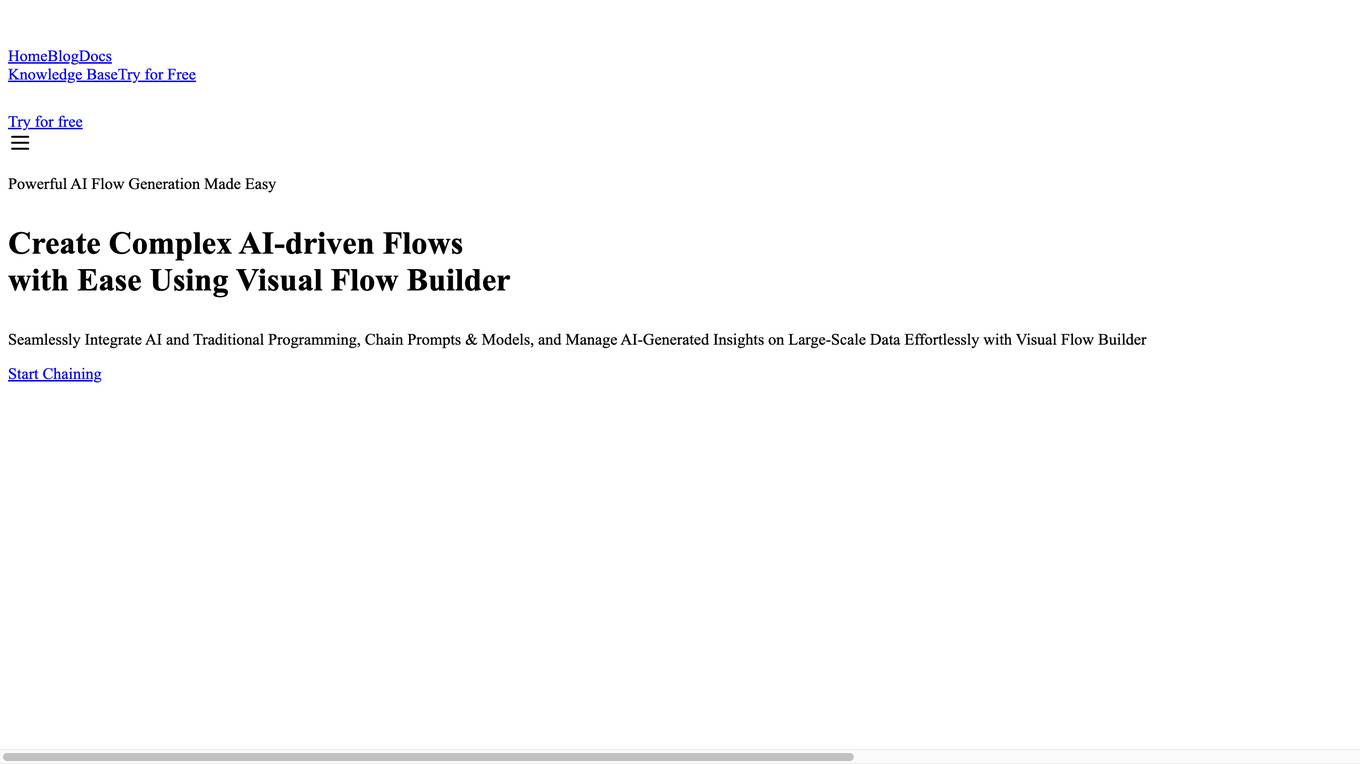
PromptChainer
PromptChainer is a powerful AI flow generation tool that allows users to create complex AI-driven flows with ease using a visual flow builder. It seamlessly integrates AI and traditional programming, enabling users to chain prompts and models and manage AI-generated insights on large-scale data effortlessly. With pre-built templates, a user-friendly database, and versatile logic nodes, PromptChainer empowers users to build custom flows or applications with infinite possibilities.
1 - Open Source AI Tools
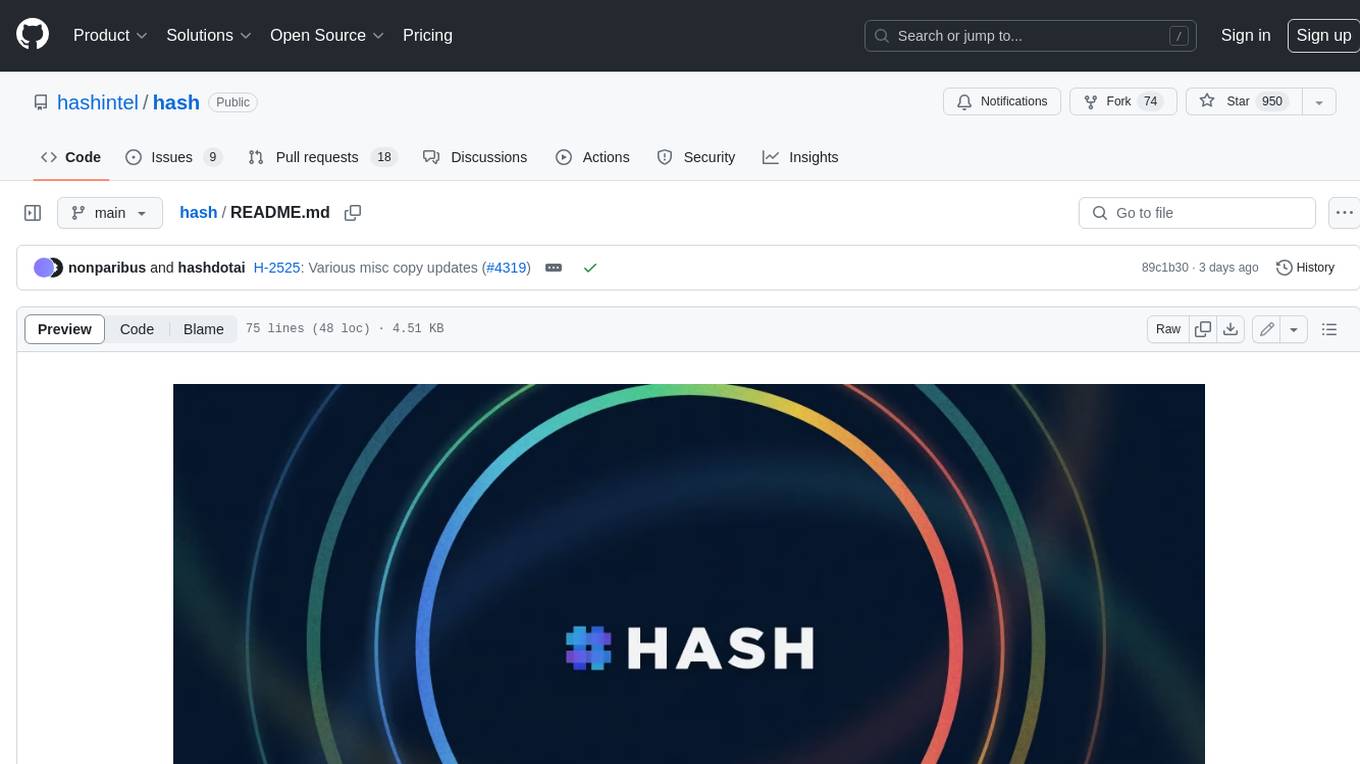
hash
HASH is a self-building, open-source database which grows, structures and checks itself. With it, we're creating a platform for decision-making, which helps you integrate, understand and use data in a variety of different ways.
20 - OpenAI Gpts
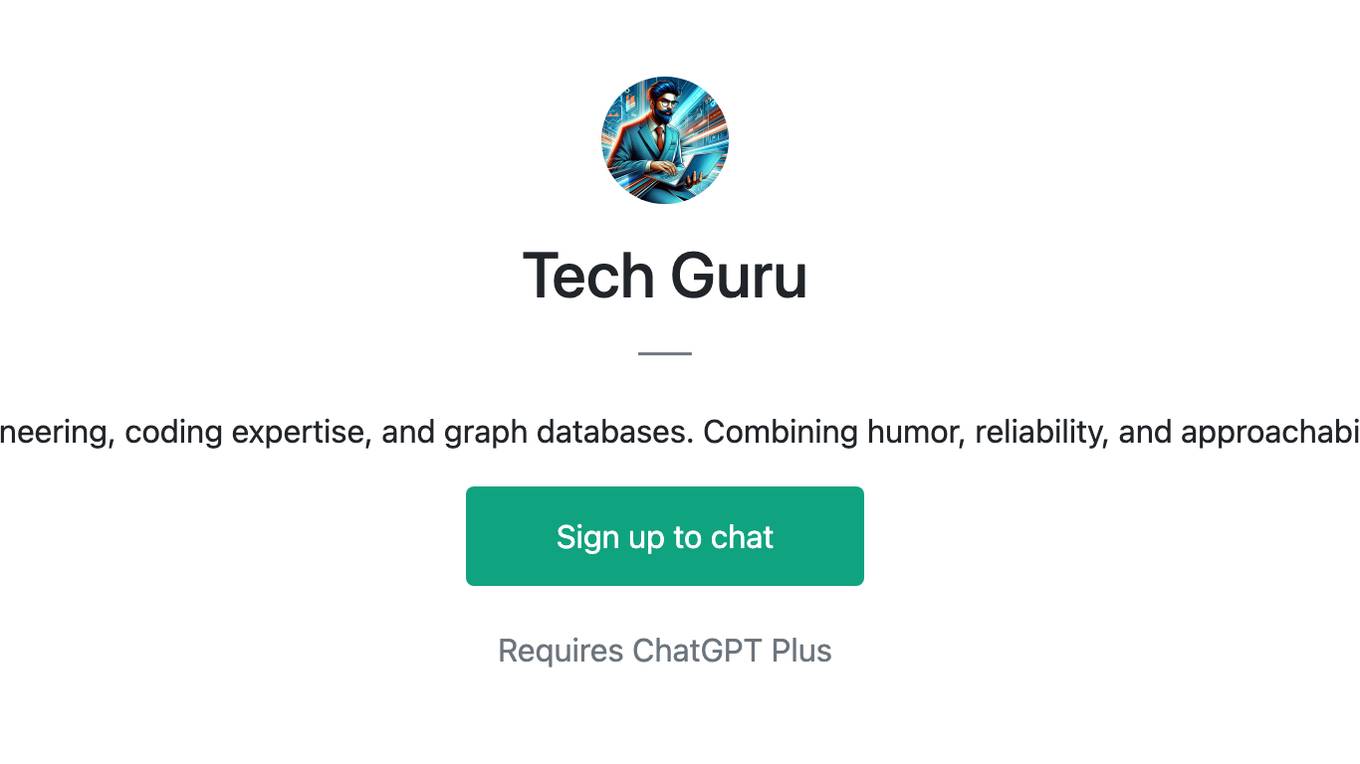
Tech Guru
Meet Tech Guru, your go-to AI for data engineering, coding expertise, and graph databases. Combining humor, reliability, and approachability to simplify tech with a personal touch.
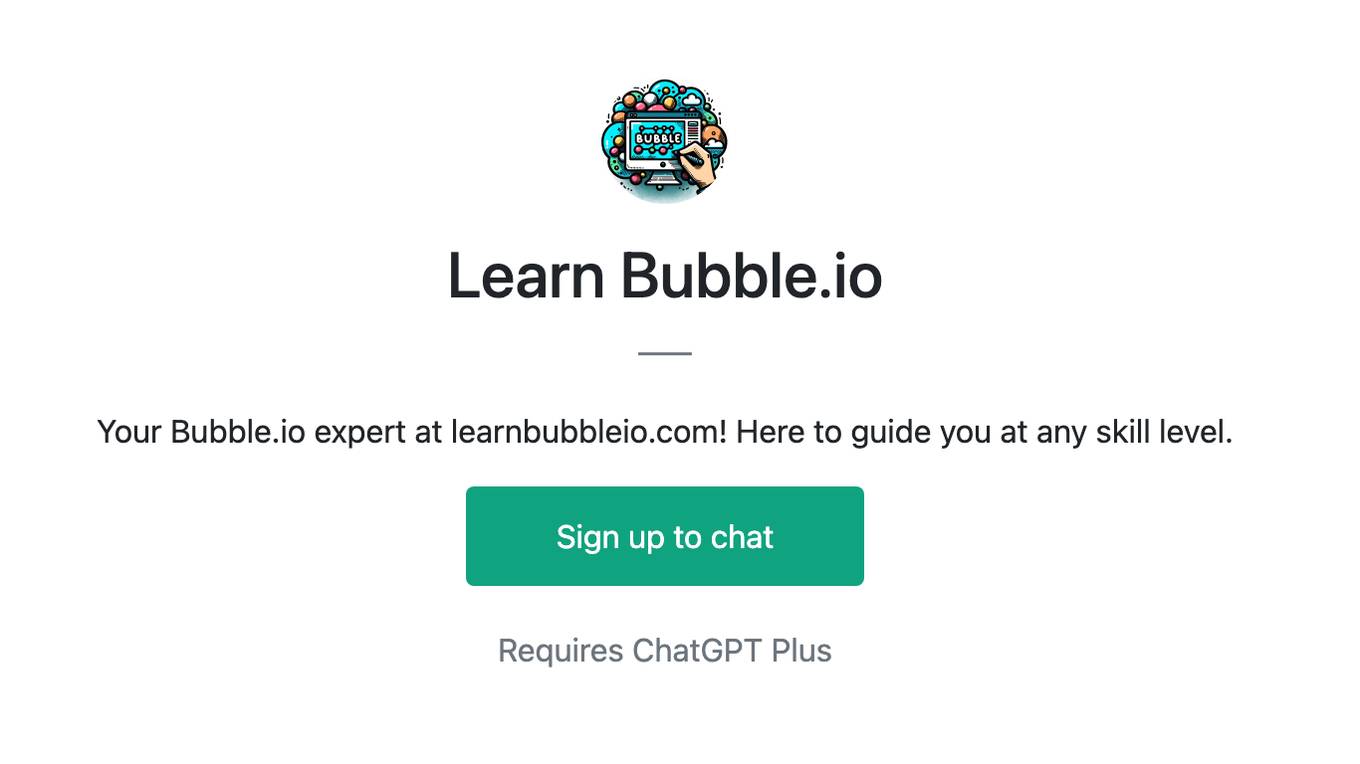
Learn Bubble.io
Your Bubble.io expert at learnbubbleio.com! Here to guide you at any skill level.
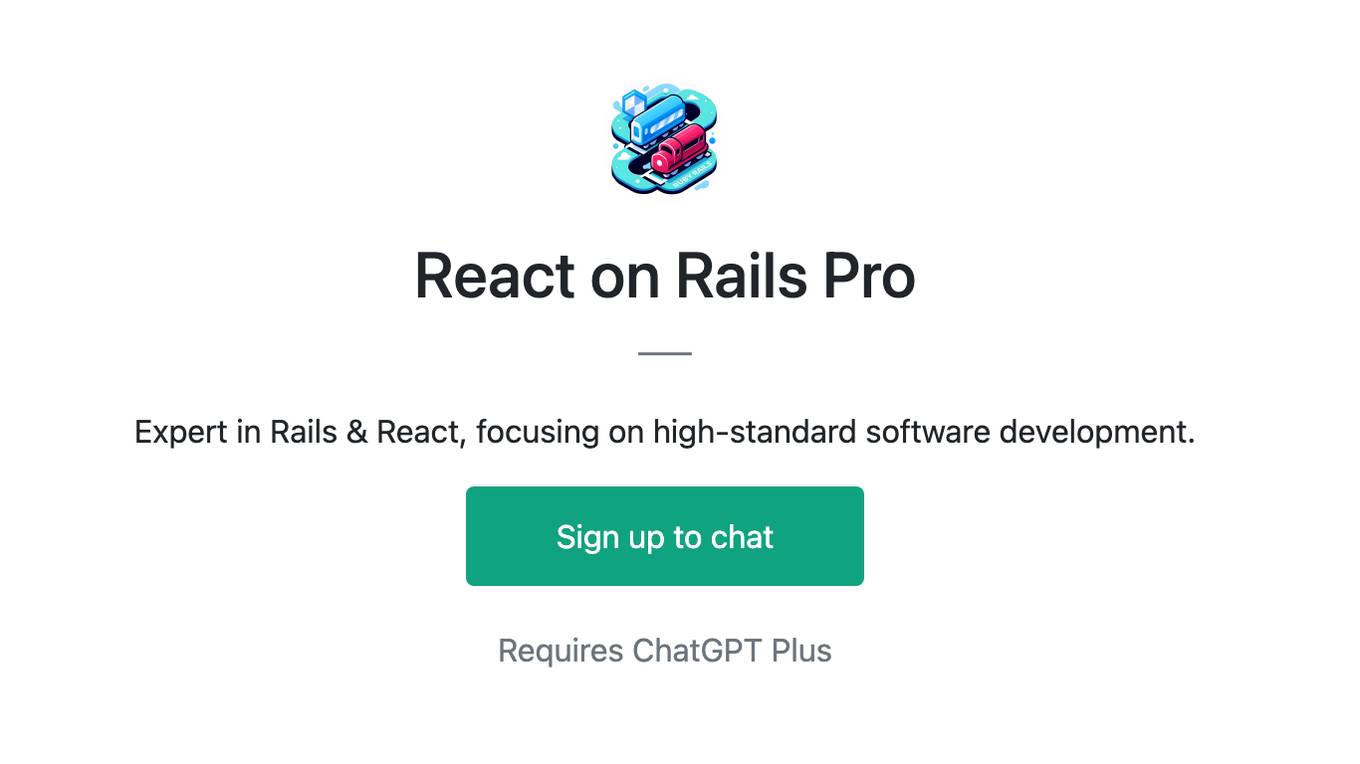
React on Rails Pro
Expert in Rails & React, focusing on high-standard software development.
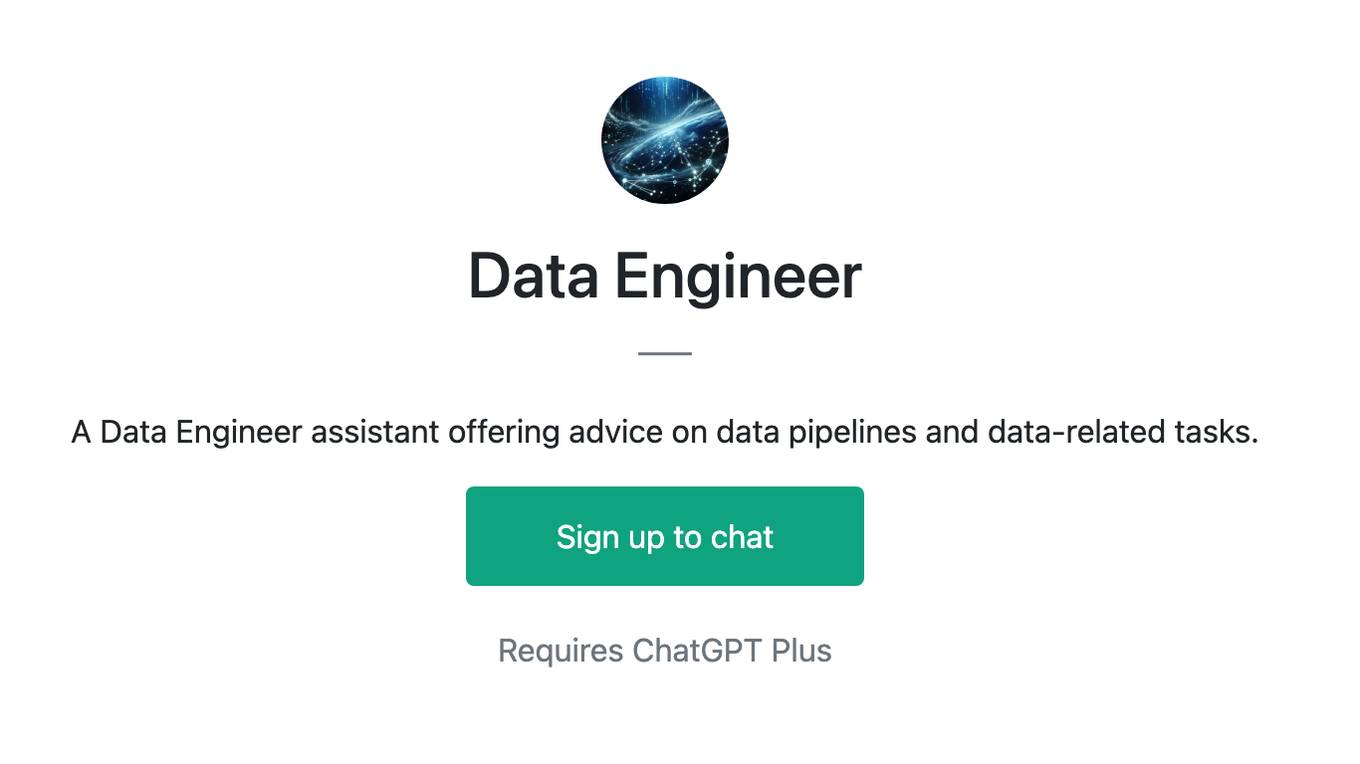
Data Engineer
A Data Engineer assistant offering advice on data pipelines and data-related tasks.
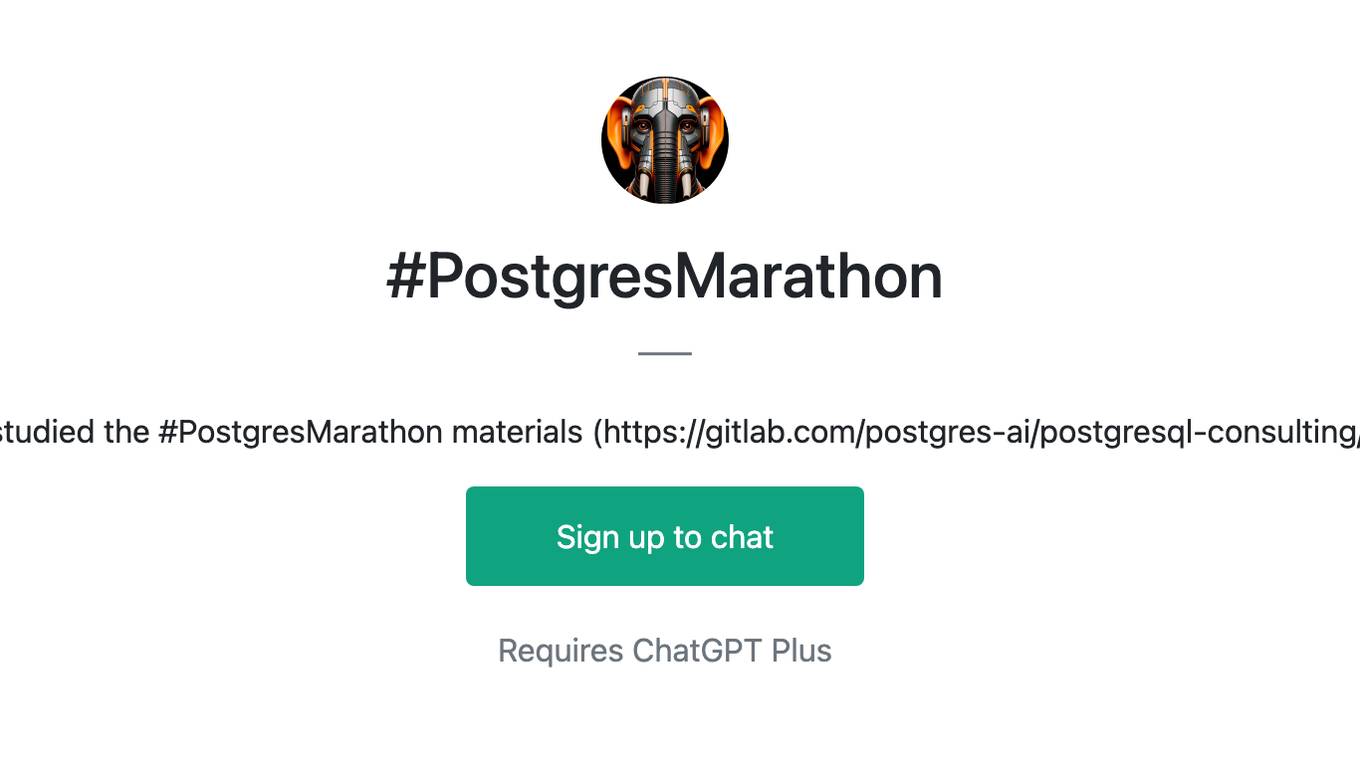
#PostgresMarathon
Postgres.ai bot that studied the #PostgresMarathon materials (https://gitlab.com/postgres-ai/postgresql-consulting/postgres-howtos/)
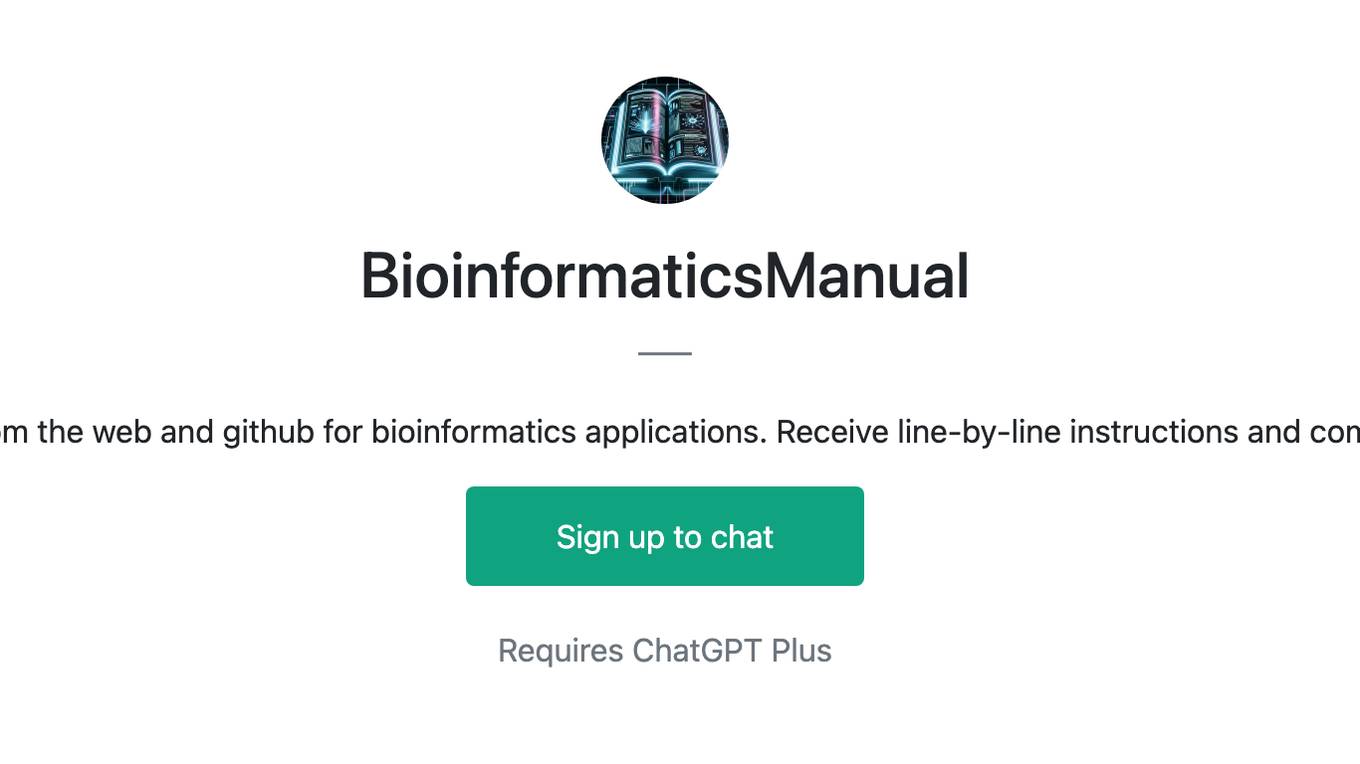
BioinformaticsManual
Compile instructions from the web and github for bioinformatics applications. Receive line-by-line instructions and commands to get started
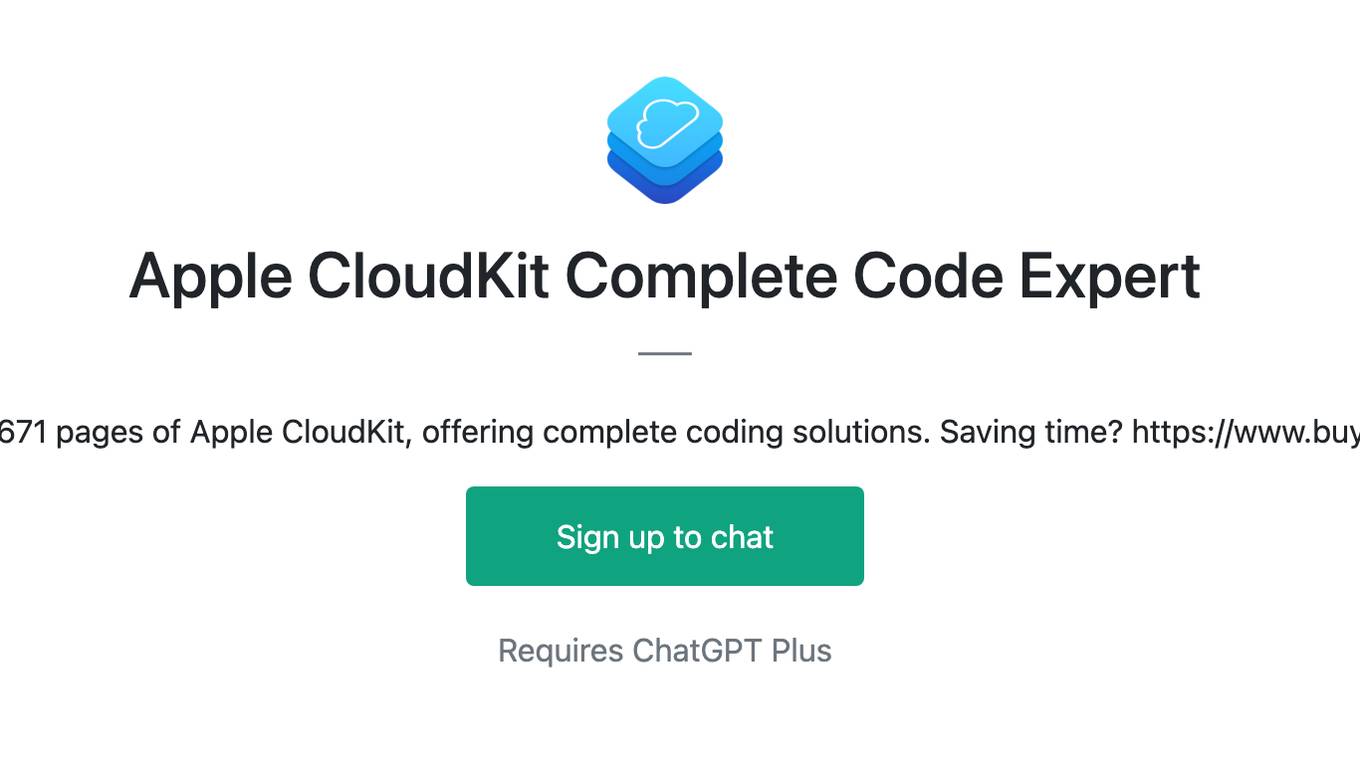
Apple CloudKit Complete Code Expert
A detailed expert trained on all 5,671 pages of Apple CloudKit, offering complete coding solutions. Saving time? https://www.buymeacoffee.com/parkerrex ☕️❤️
